Have you noticed your leopard gecko turning away from their favorite meal? It can be concerning when your scaly friend stops eating, but don’t worry!
A leopard gecko that stops eating can be alarming. Whether they are ignoring their favorite feeders or refusing to hunt, a loss of appetite is usually a sign that something is off. The good news? Most of the time, the issue is fixable with simple changes to their habitat, diet, or routine.
Common Causes of Appetite Loss in Leopard Geckos
1. Stress and Environmental Changes
Problem:
- Leopard geckos are sensitive to their surroundings. A new environment, handling, or even a change in their enclosure can lead to stress, resulting in appetite loss.
Solution:
-
Keep your gecko’s home steady with the right temperature and humidity.
Things like Premium Reptile Liner will help your gecko be comfy and make your cleaning a breeze. - Avoid handling too much until your gecko is fully settled.
One customer noticed their gecko stopped eating after switching to loose substrate. After switching to a Premium Reptile Liner and reducing handling, their gecko resumed eating within days.
2. Incorrect Temperature and Humidity
Problem:
- Temperature plays a crucial role in your gecko's digestion. If their habitat is too cold, they won't be able to digest well which leads them to avoid eating.
Solution:
- Keep a warm basking spot around 88–92°F so your gecko can get proper belly heat (Belly Heat is MUST!)
- Make sure there’s also a cool side around 80°F so they can cool down when needed.
3. Shedding
Problem:
-
It’s normal for geckos to lose their appetite during shedding.
To help them out, use something like a Dig Box. When they step inside, the gentle humidity softens their old skin, making it easier to shed—so they can get back to eating sooner.
Solution:
- Provide a moist hide to aid in the shedding process.
- Offer hydration, calcium, and feeders, all in the same hub using something like Triple Dish, which includes all compartments for feeder, water, and a calcium dish.
4. Illness or Parasites
Problem:
- A sudden loss of appetite might be a sign of illness or internal parasites.
Solution:
- Consult a reptile veterinarian if you notice other symptoms like lethargy or weight loss.
- Keep your gecko's enclosure clean to prevent illness.
Dietary Issues
1. Inappropriate Food Size
Problem:
- Feeding prey that's too large can discourage your gecko from eating.
Solution:
- Offer food that is no larger than the space between your gecko’s eyes.
- Offer a variety of appropriately sized feeders.
- I personally like the Medium Size Dubia to be the perfect size for the average leopard gecko size.
2. Boredom with Diet
Problem:
- Leopard geckos can get bored with a monotonous diet of the same insects.
Solution:
- Rotate between different feeder insects like mealworms, crickets, and dubia roaches.
- Check out our blog on Healthy Treats for Your Gecko for more ideas.
Behavioral and Seasonal Factors
1. Brumation
Problem:
- During colder months, some leopard geckos enter a state of brumation, similar to hibernation, where they eat less.
Solution:
- This is a natural process. Ensure they have access to water and monitor their health.
2. Breeding Season
Problem:
- Males and females may eat less during the breeding season due to hormonal changes.
Solution:
- This usually resolves on its own after the season. Maintain their environment and continue offering food.
Encouraging Your Gecko to Eat
1. Hand-Feeding
Problem:
- Sometimes offering food directly can entice your gecko to eat.
Solution:
- Use tweezers to offer live insects. This can stimulate their hunting instinct.
2. Treats and Supplements
Problem:
- Adding occasional treats, cycling feeders, or dusting insects with supplements can make meals more appealing.
Solution:
- Use a reputable calcium powder and offer treats like waxworms occasionally, if you want to help your gecko hunt even better, Triple Dish makes it easy to offer supplements alongside regular food.
When to Seek Help
If your leopard gecko refuses to eat for more than two weeks, and you’ve ruled out common causes, it may be time to consult a reptile veterinarian.
However, in most cases, simple adjustments to temperature, diet, and environment can quickly restore their appetite.
What Has Helped Your Gecko?
Have you ever dealt with a leopard gecko refusing to eat? What worked for you? Let us know in the comments below!







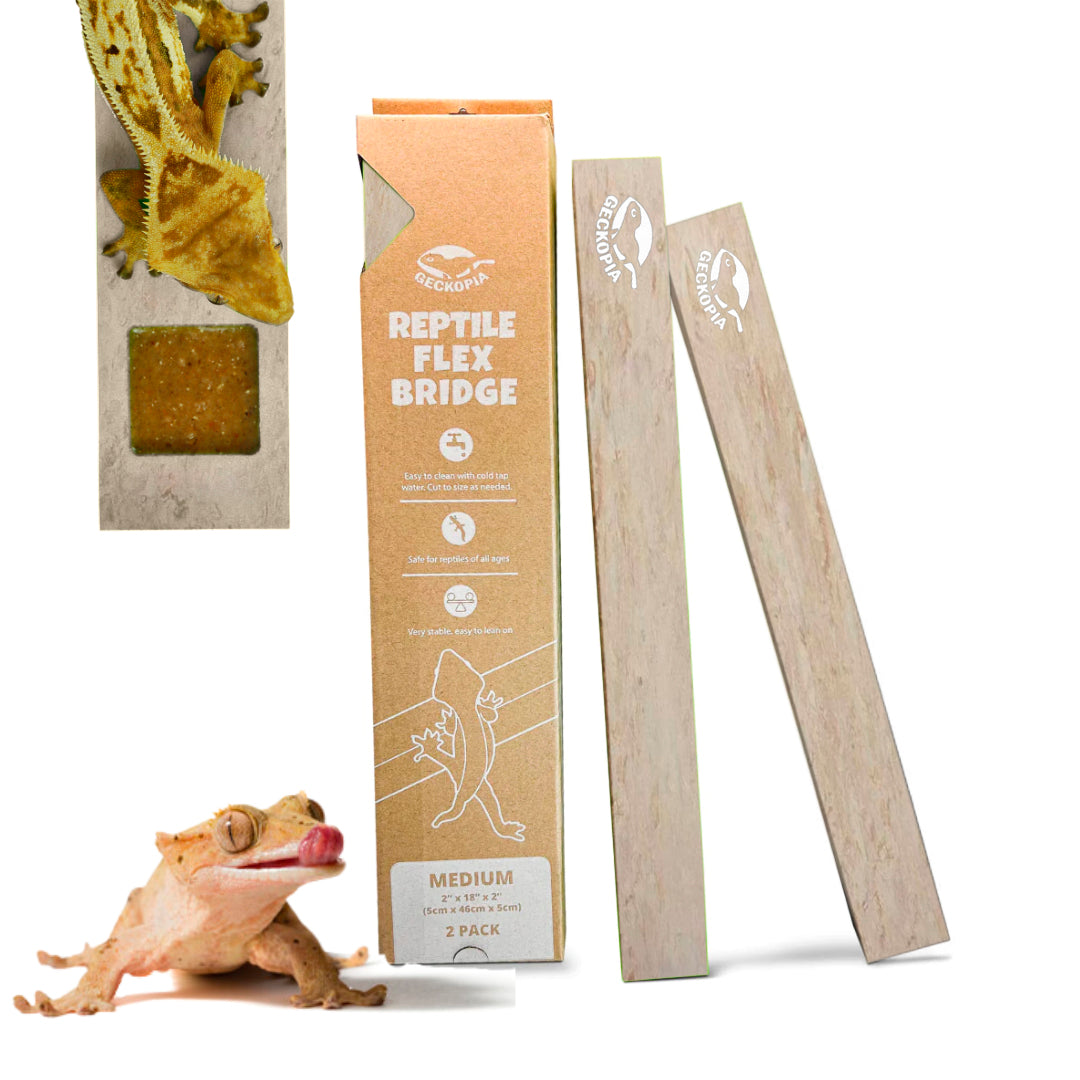

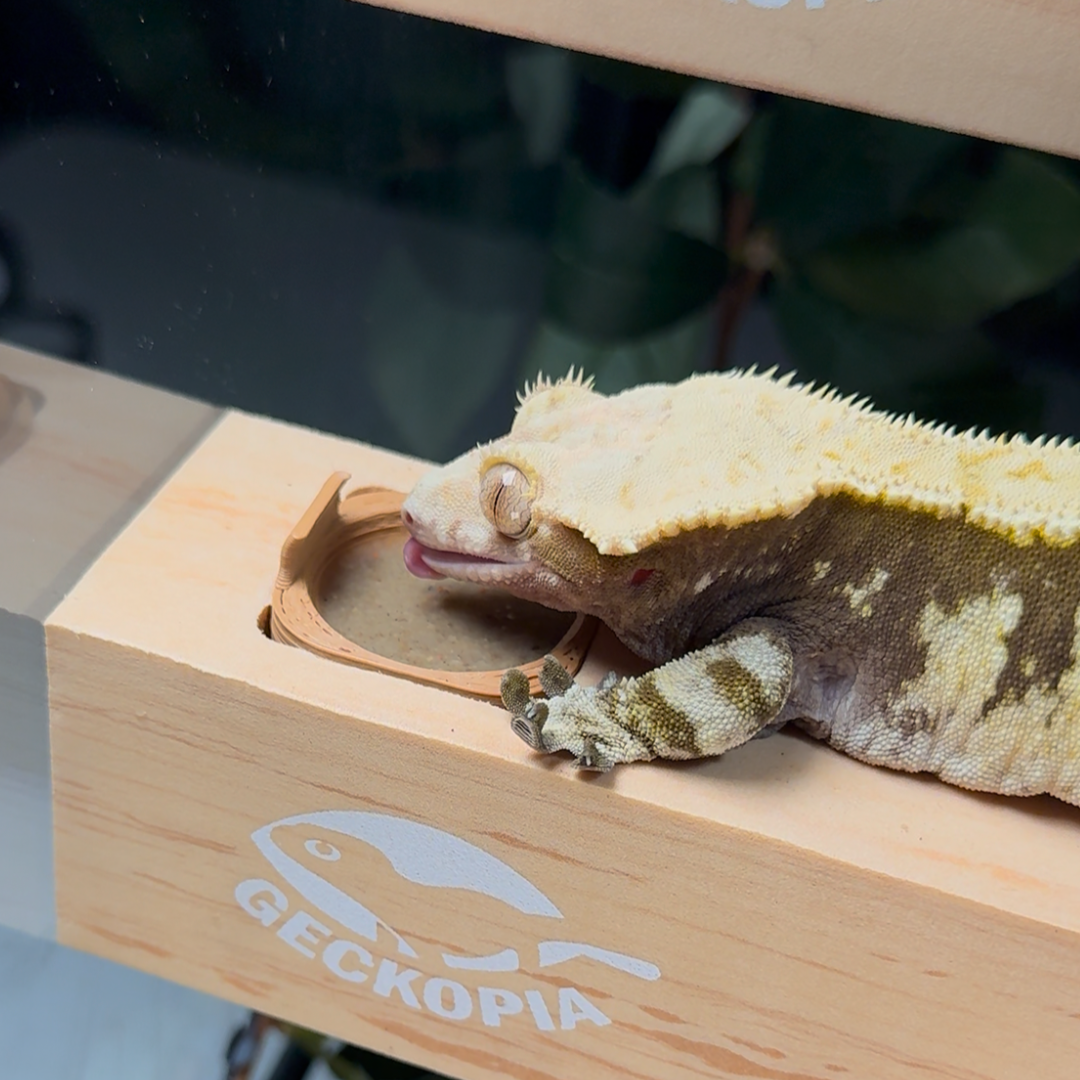
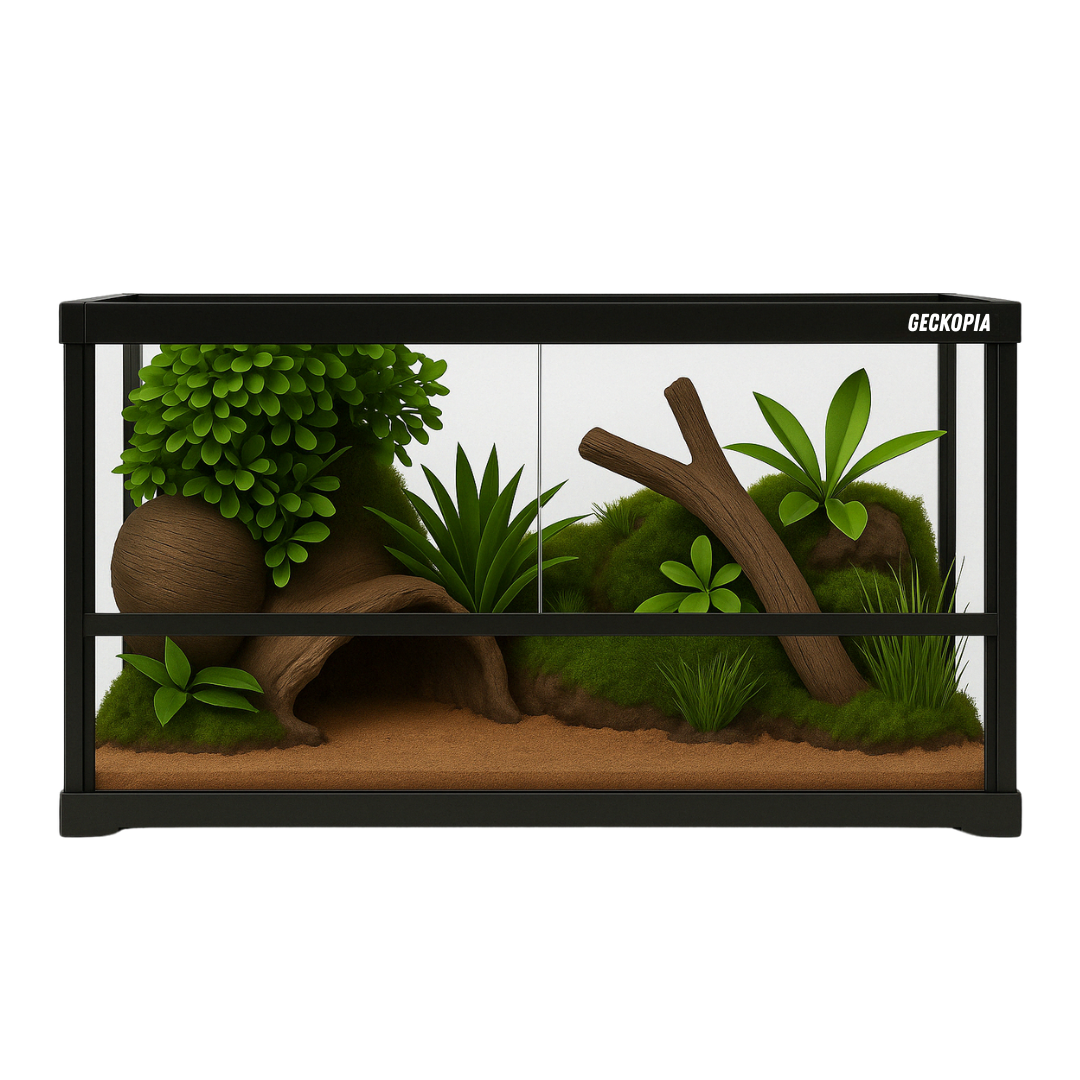
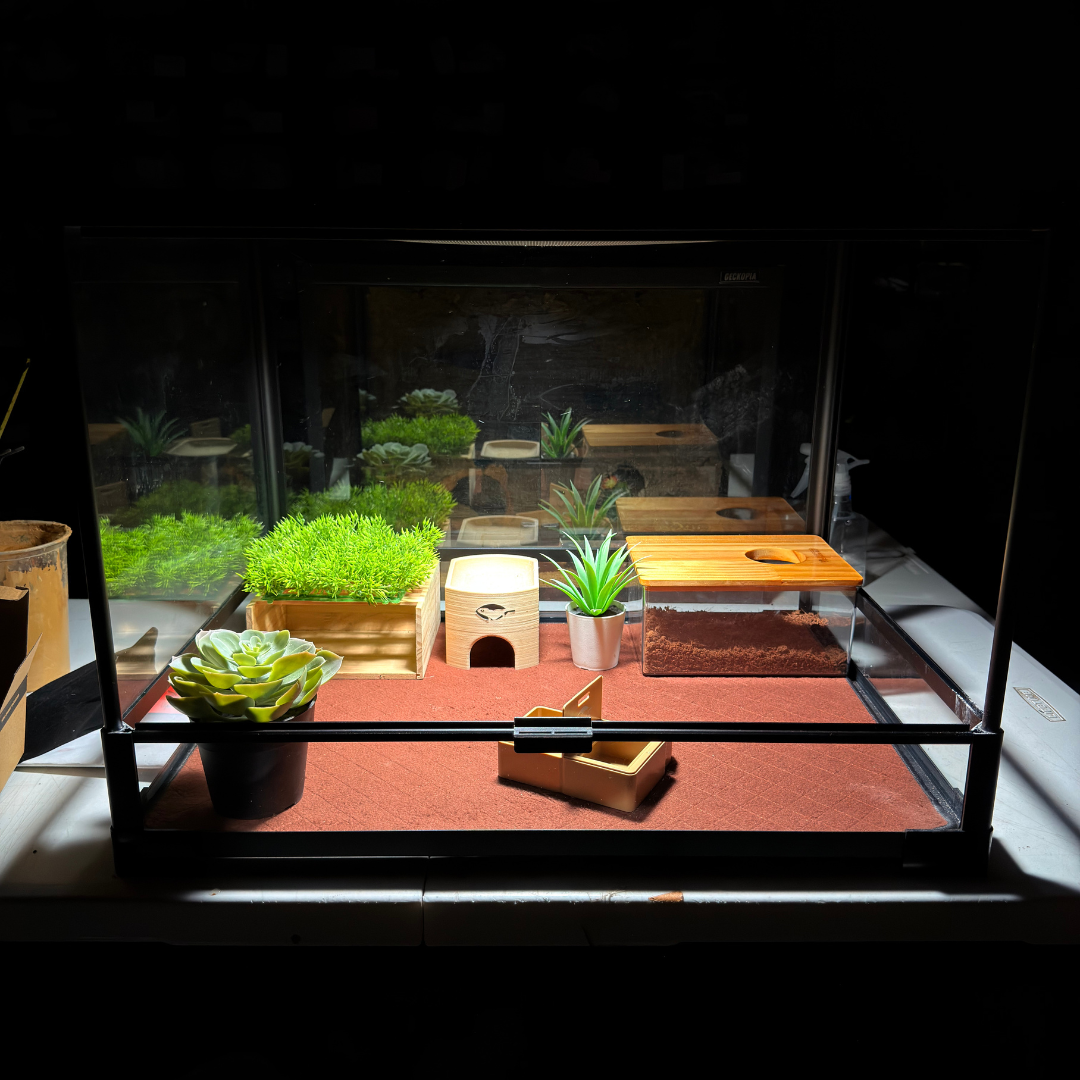
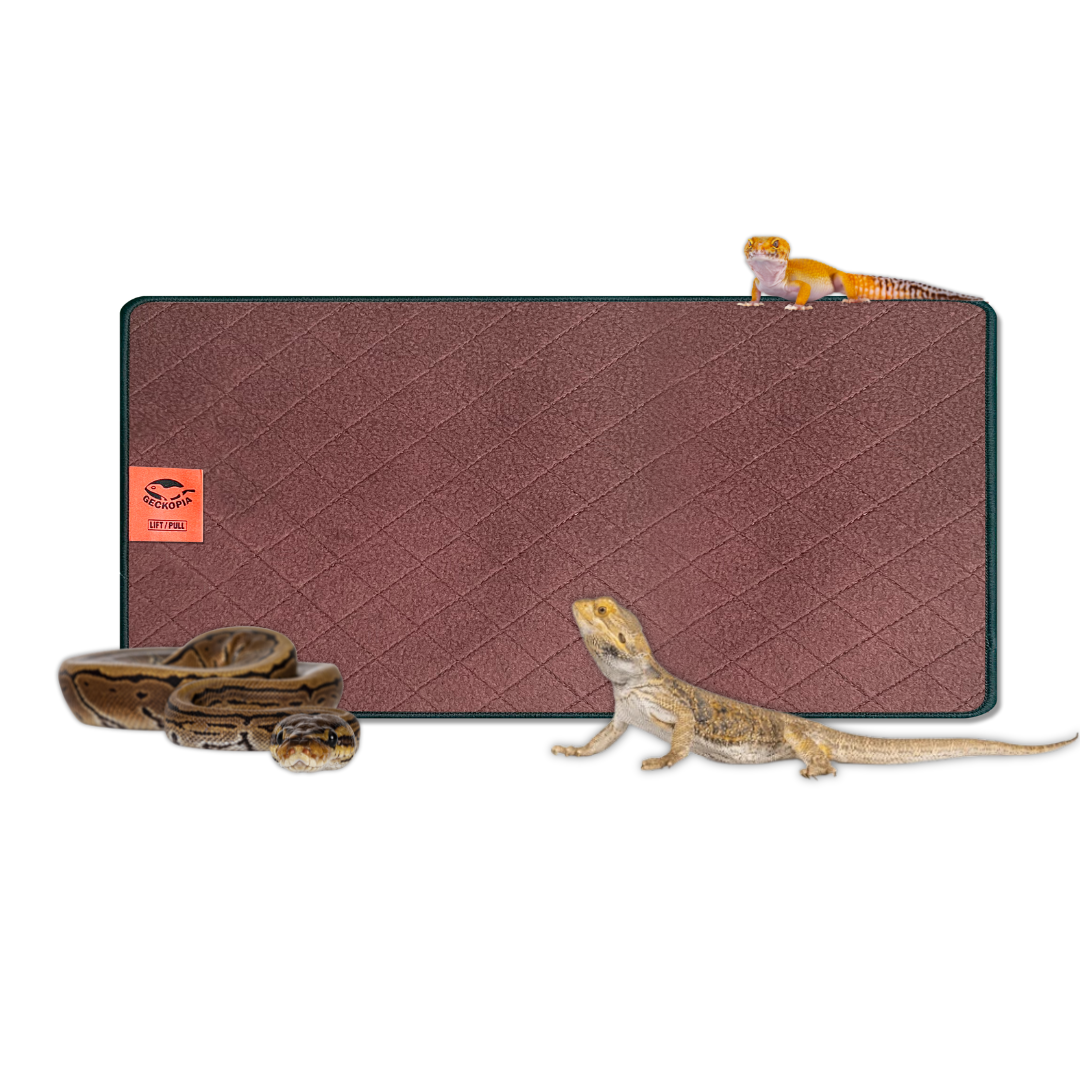
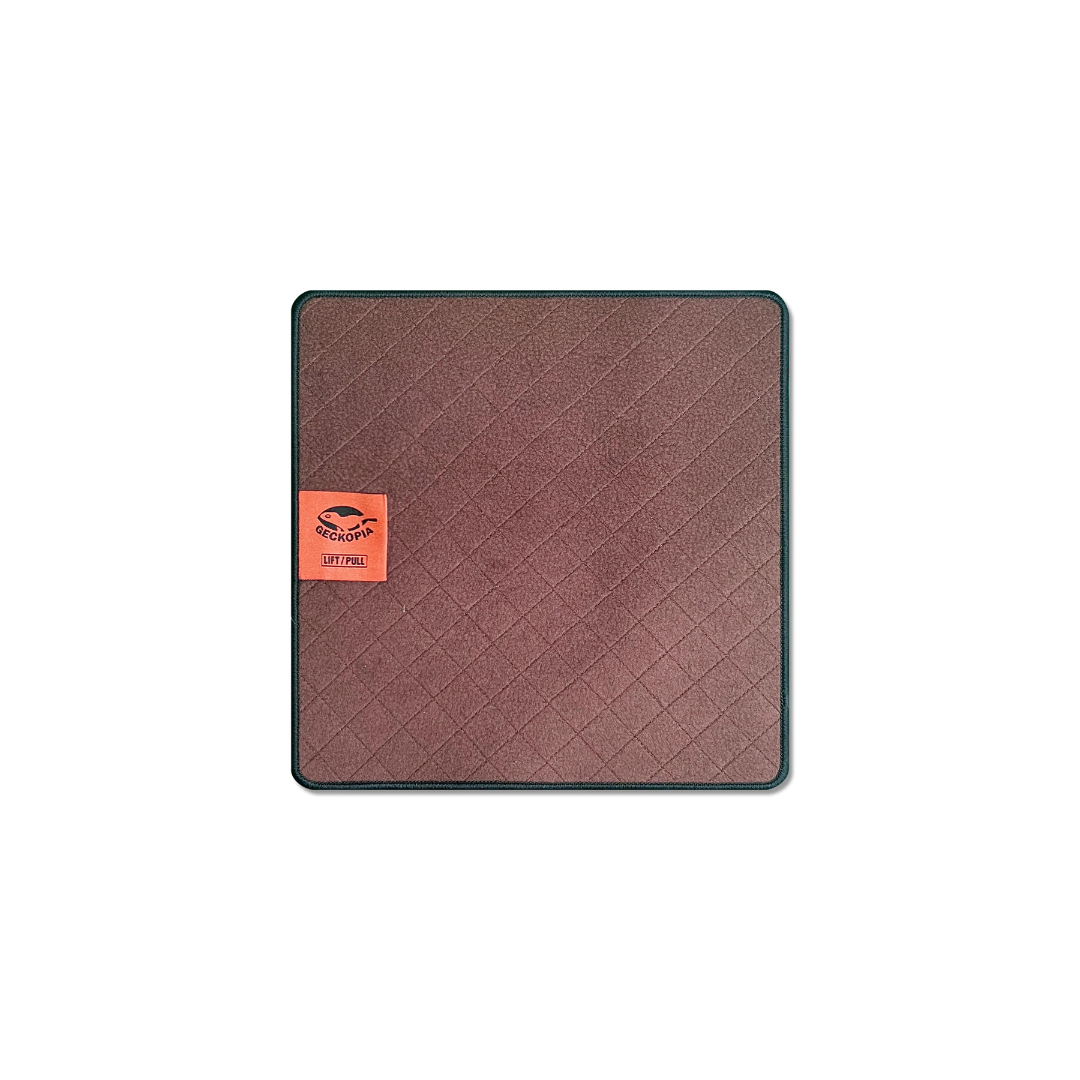

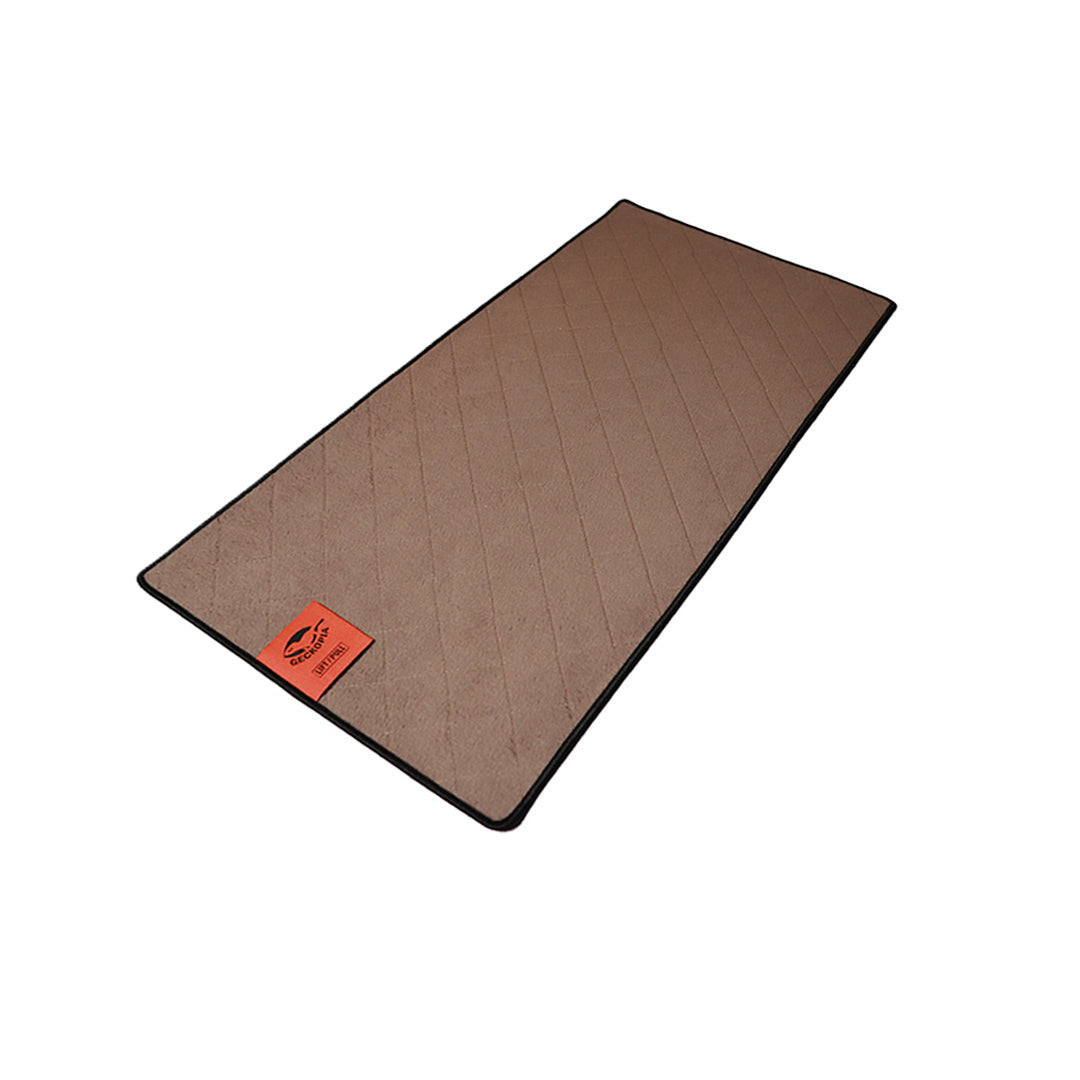
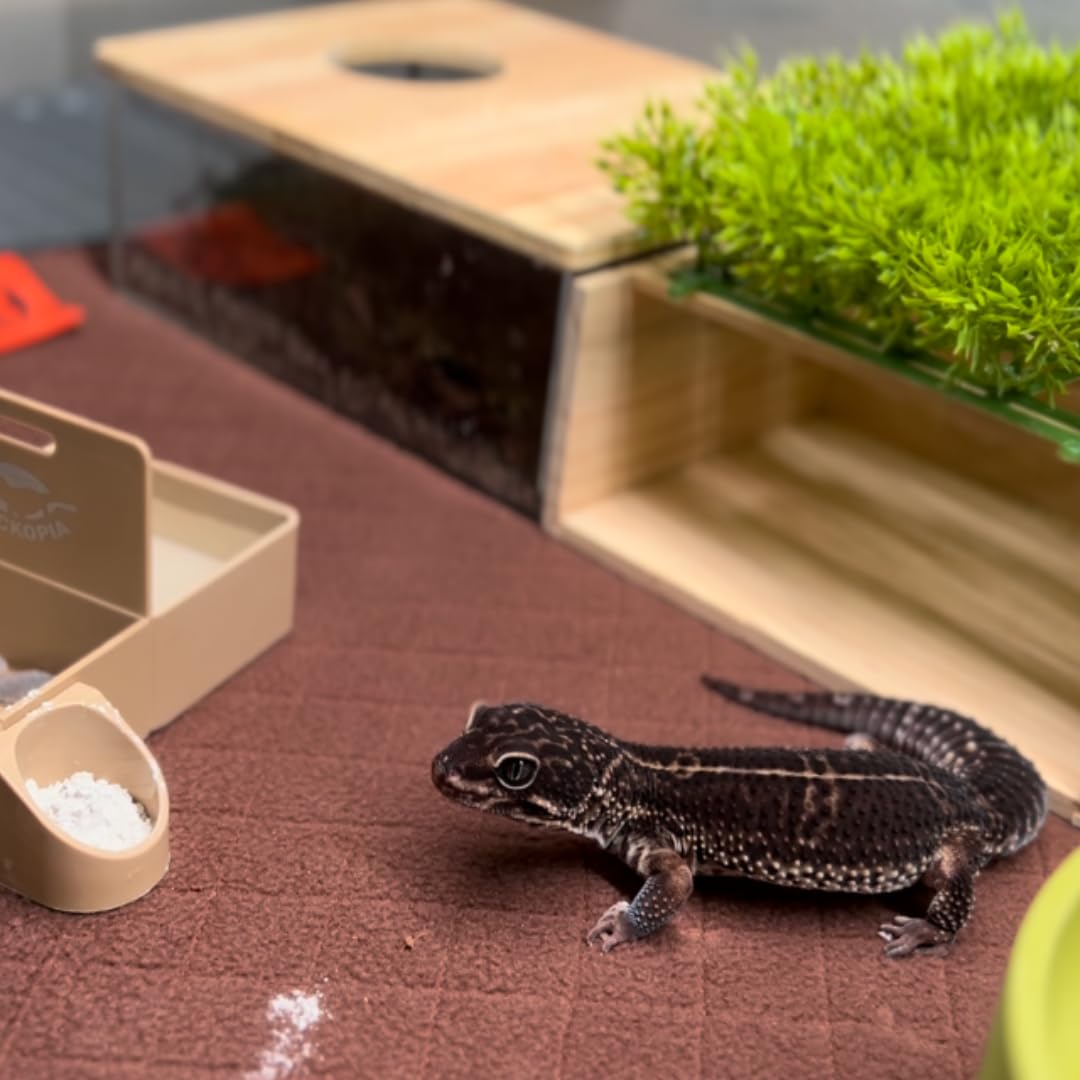
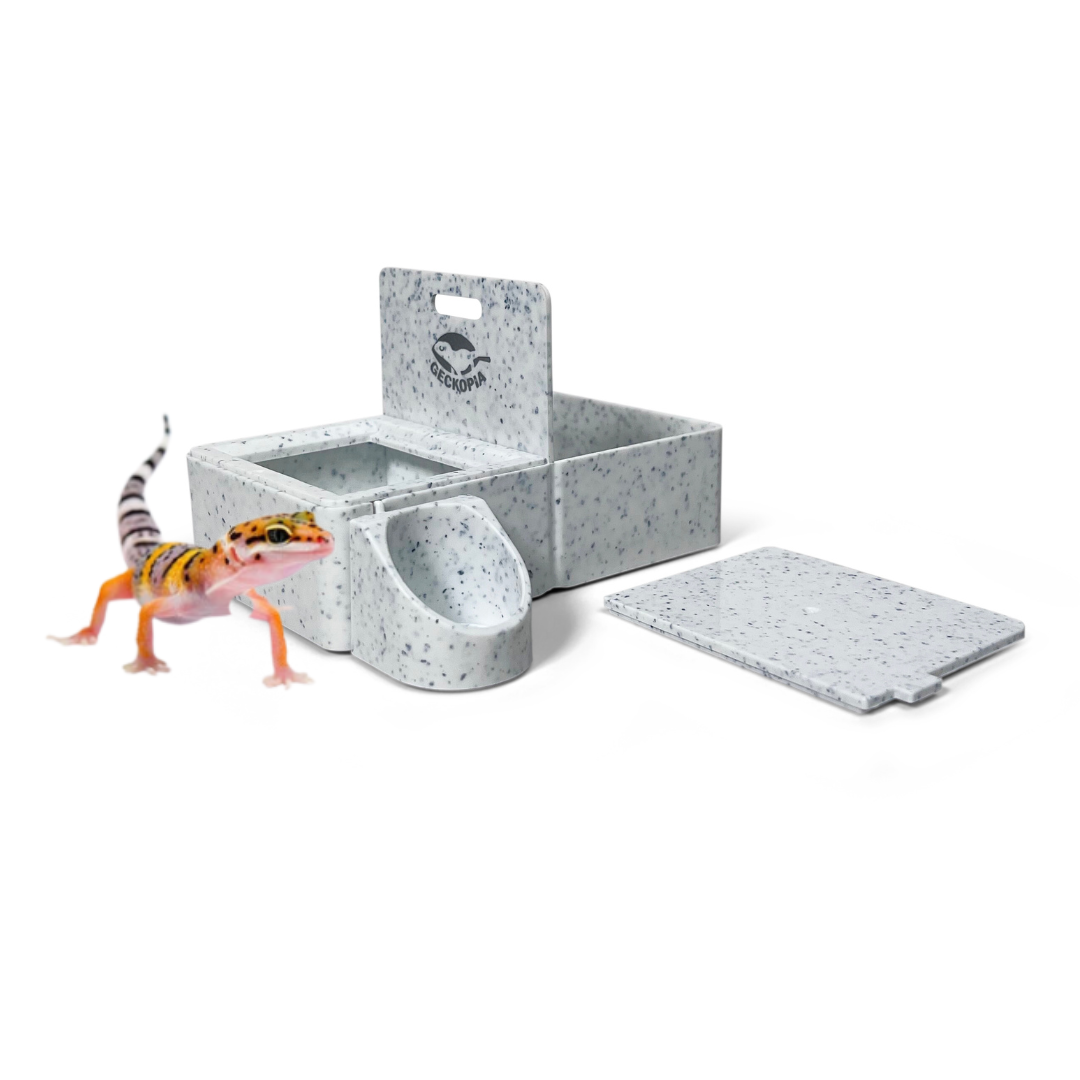


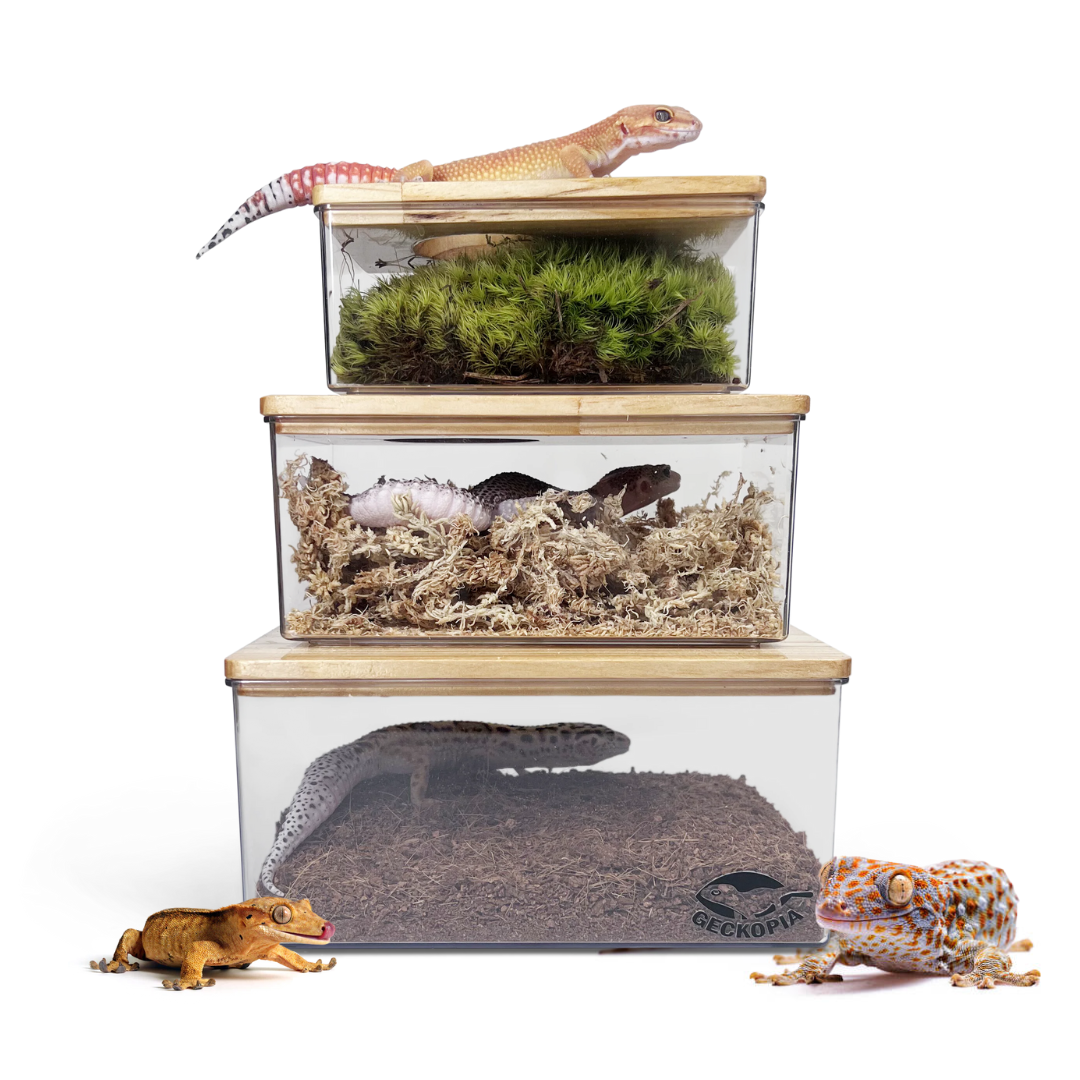
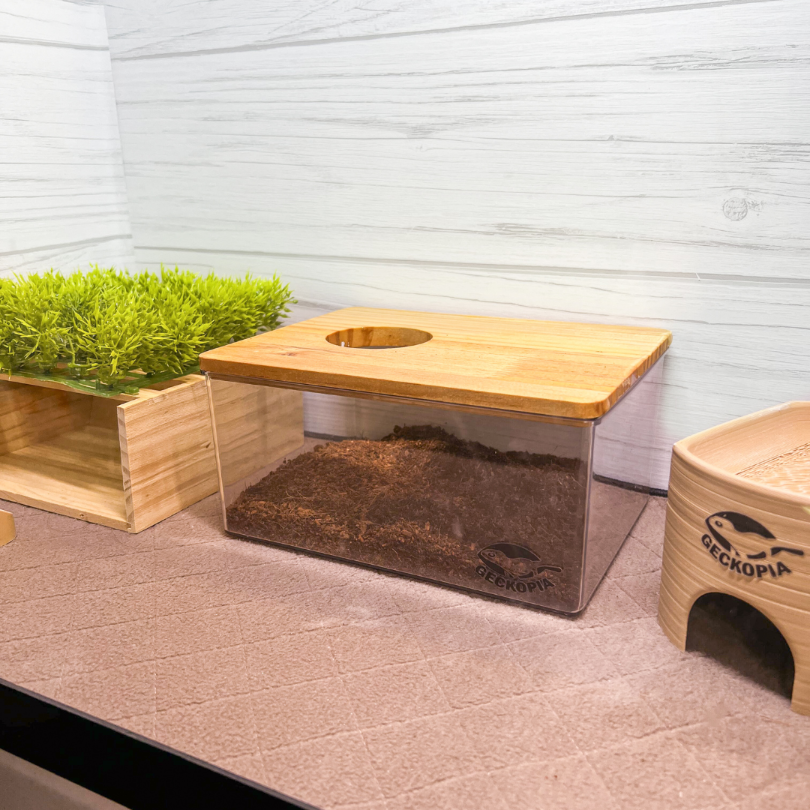
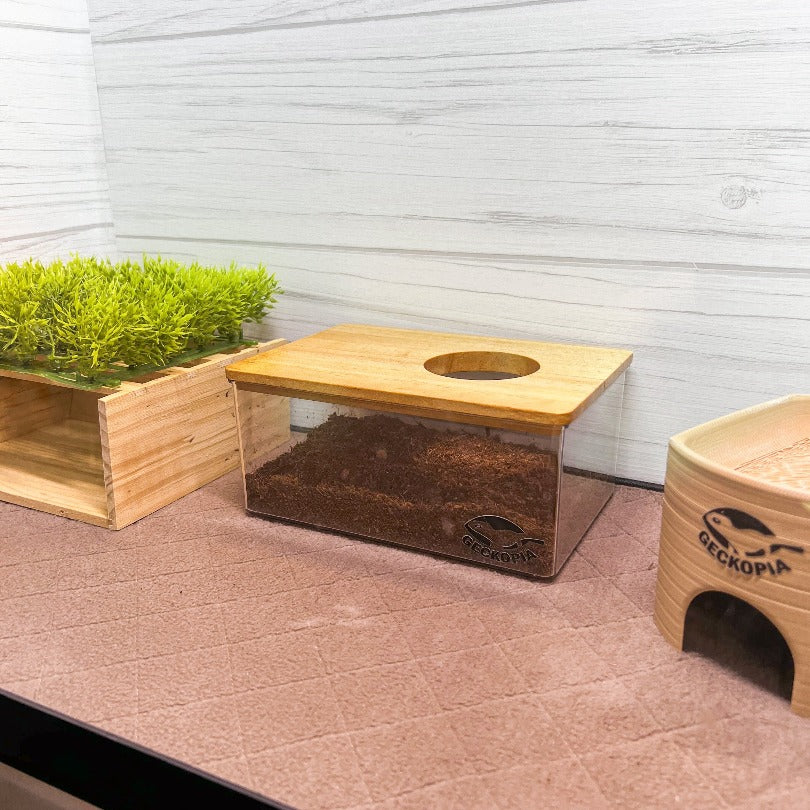
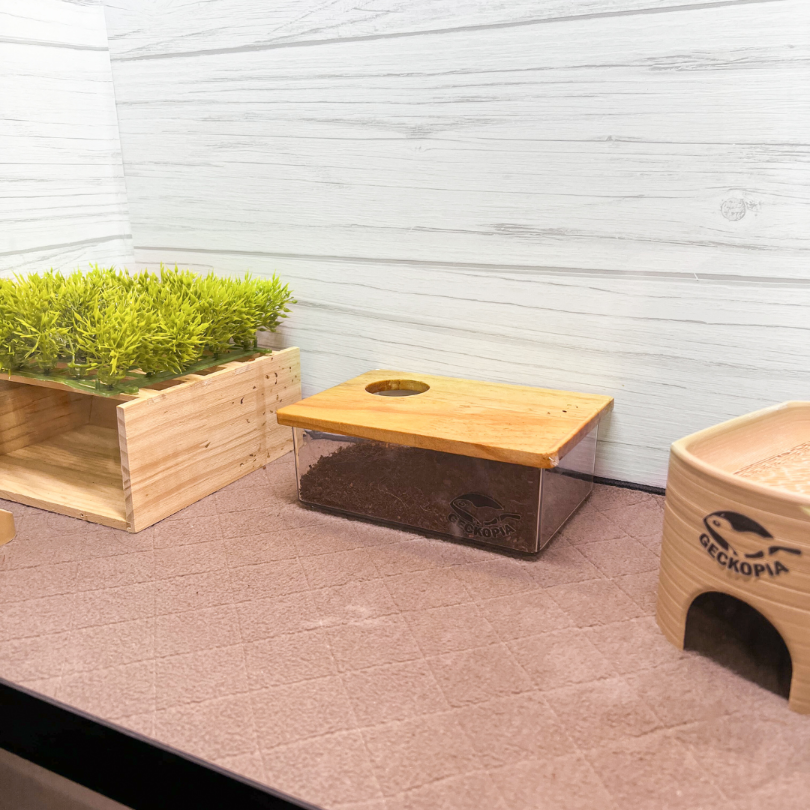
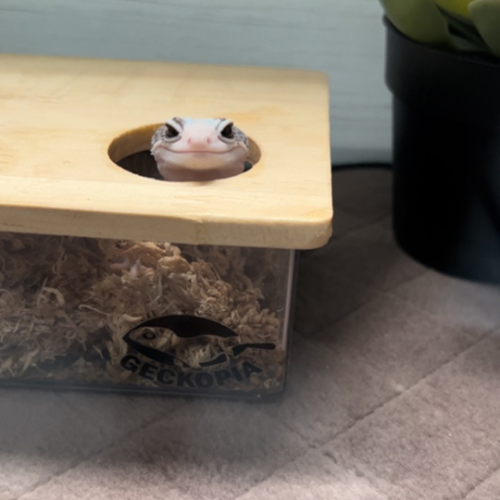
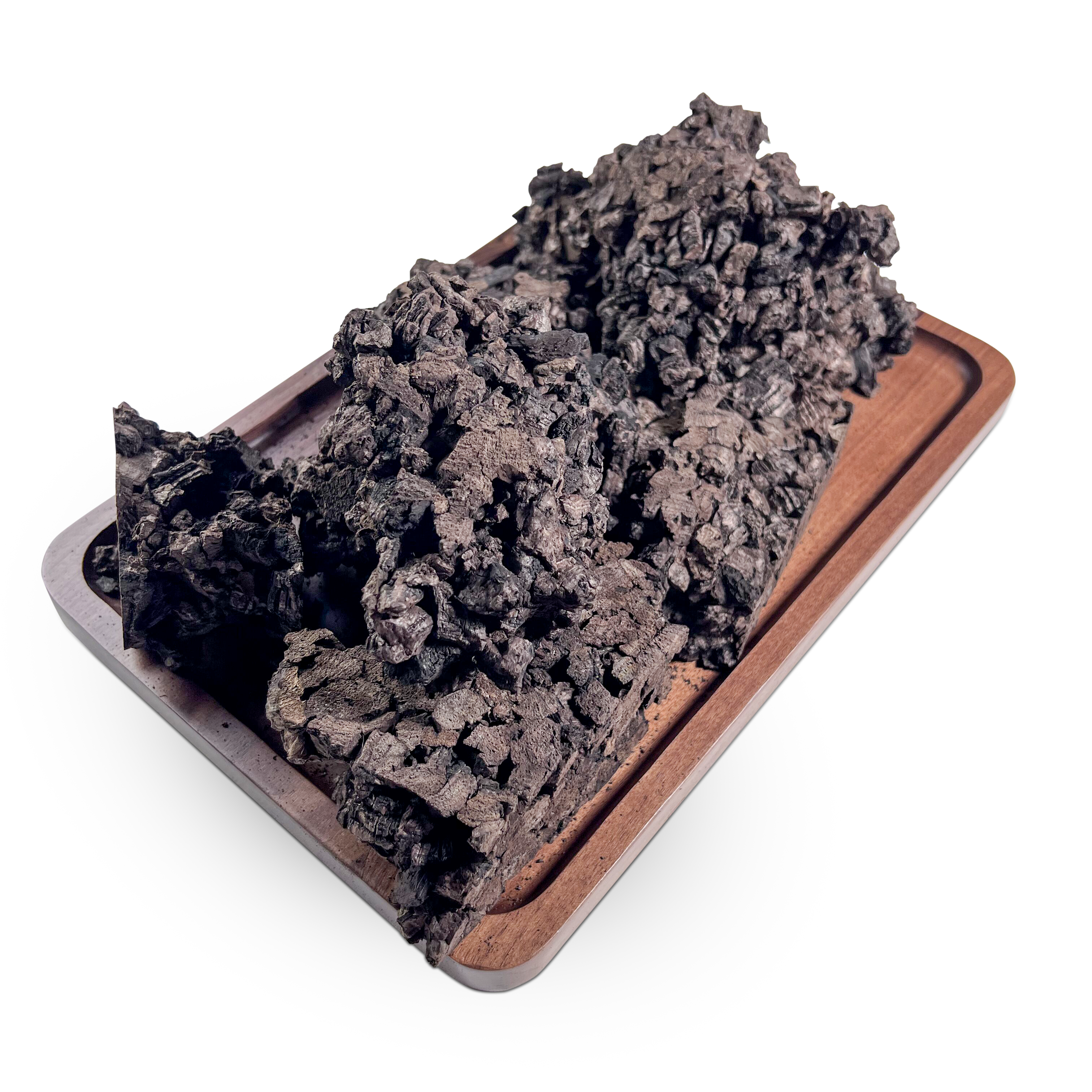


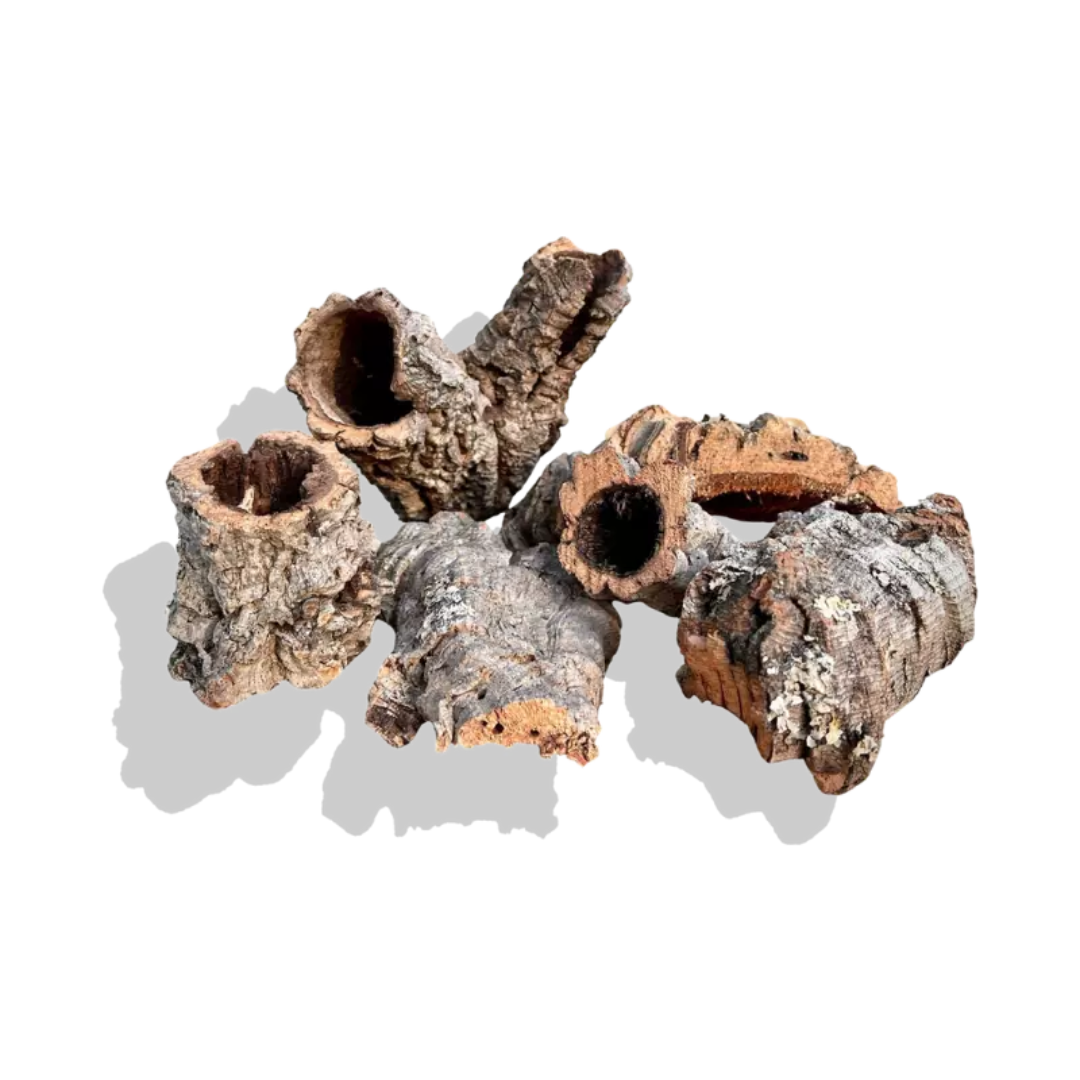
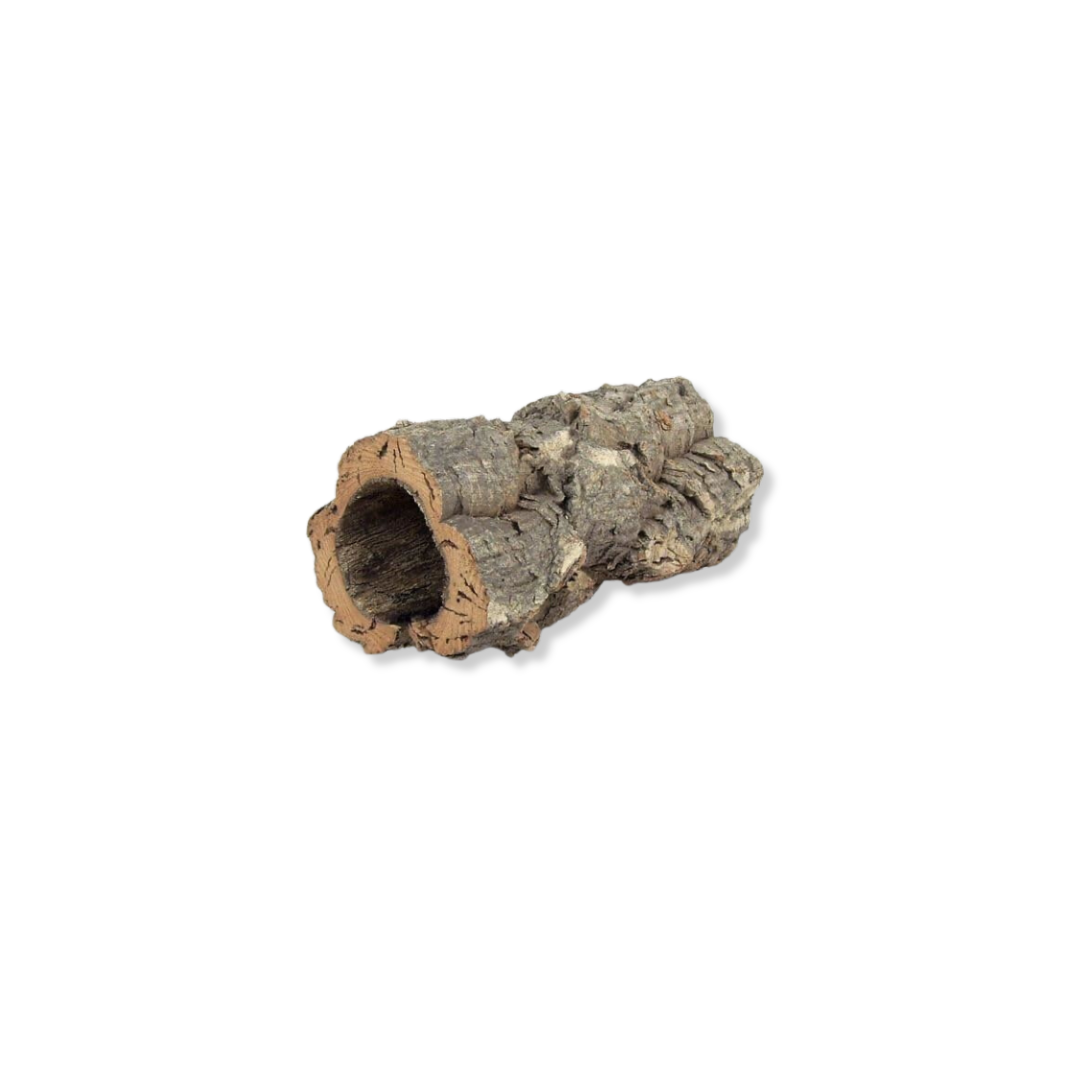
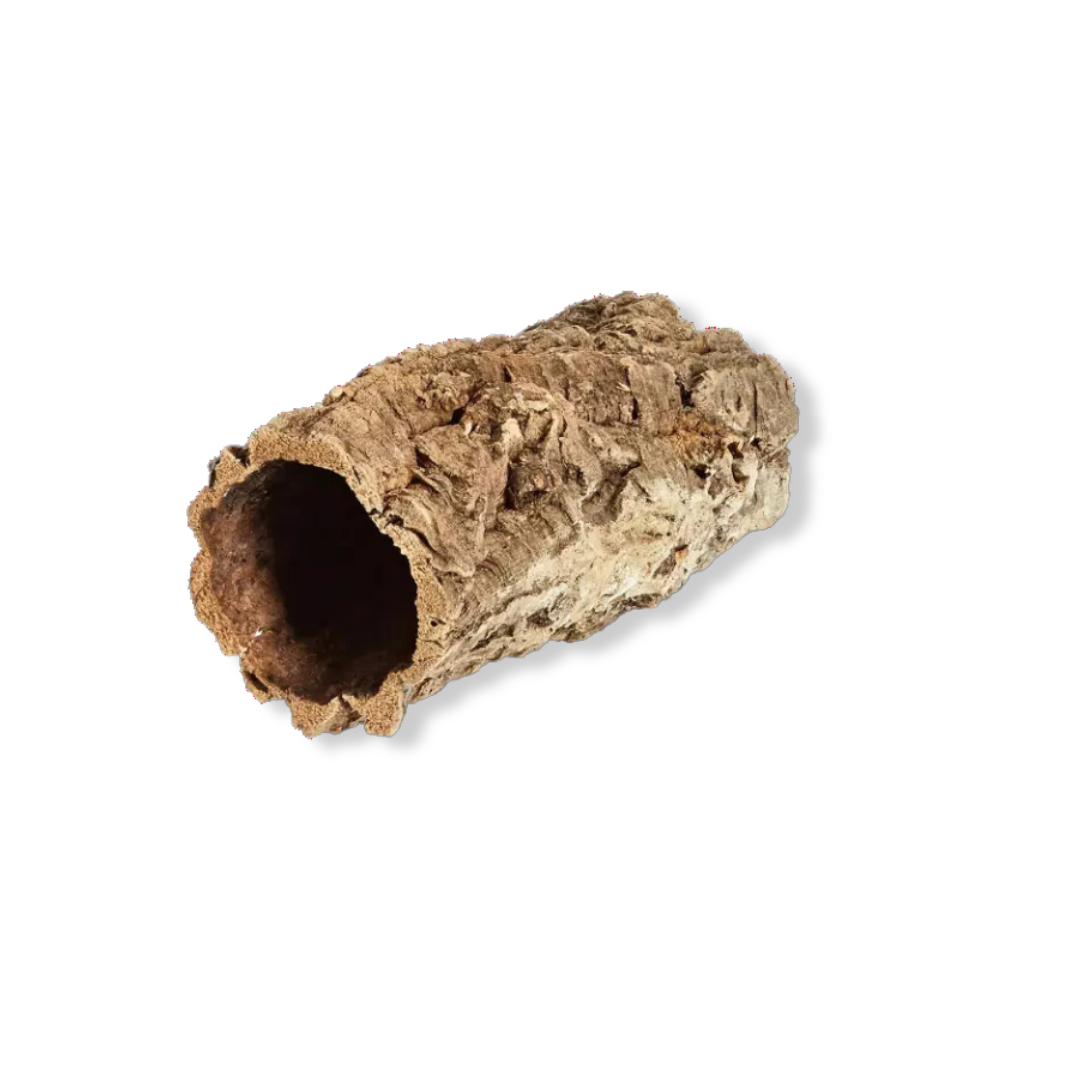
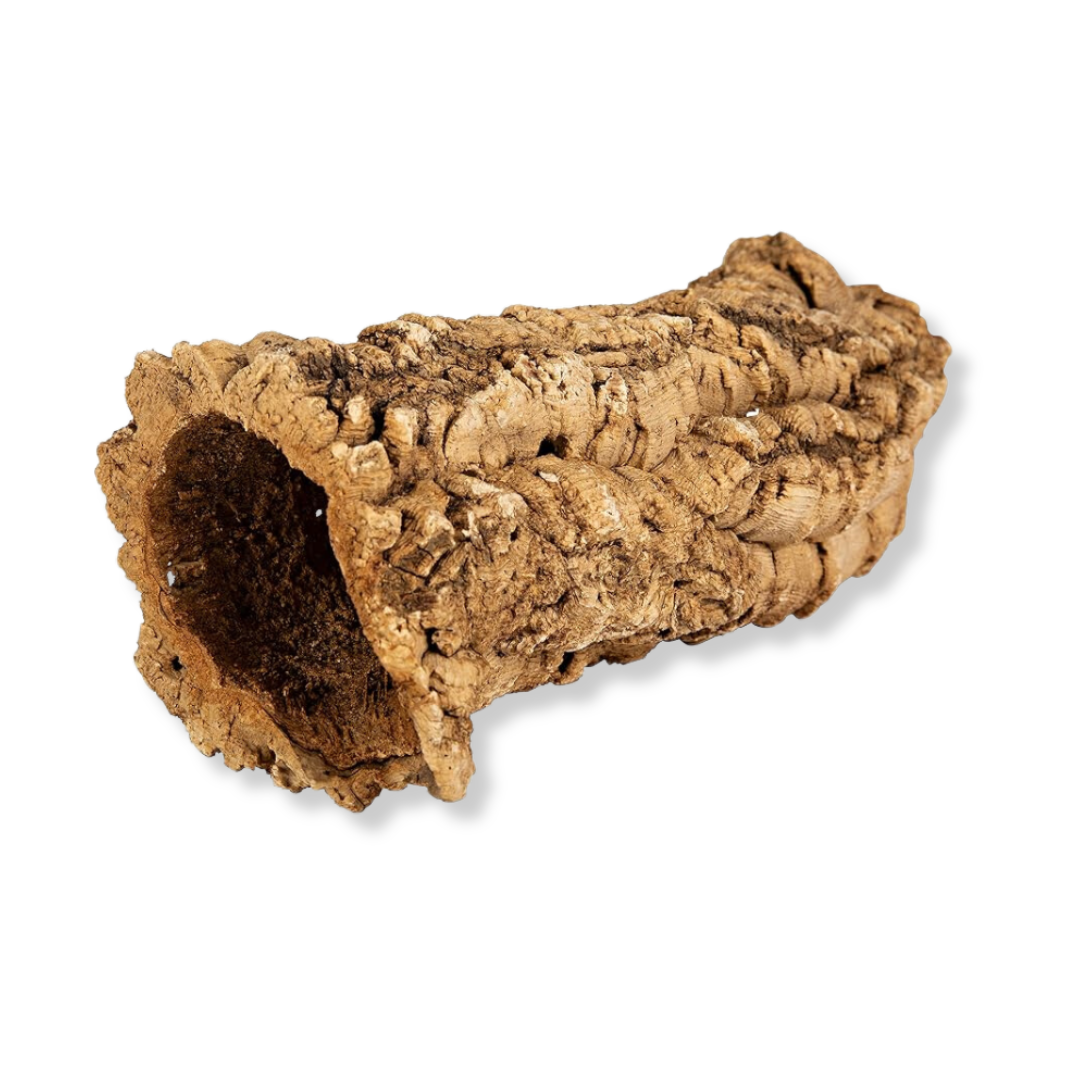
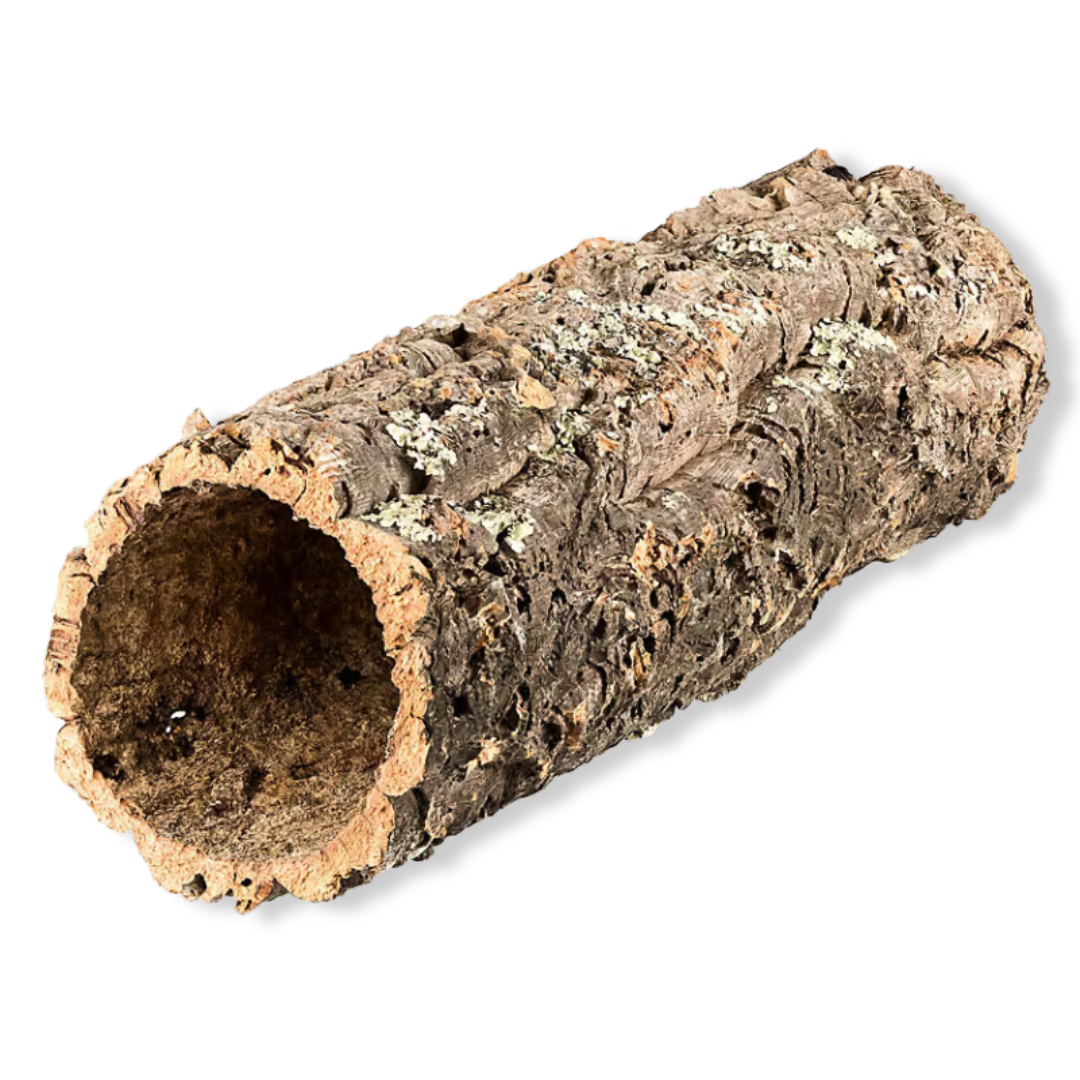
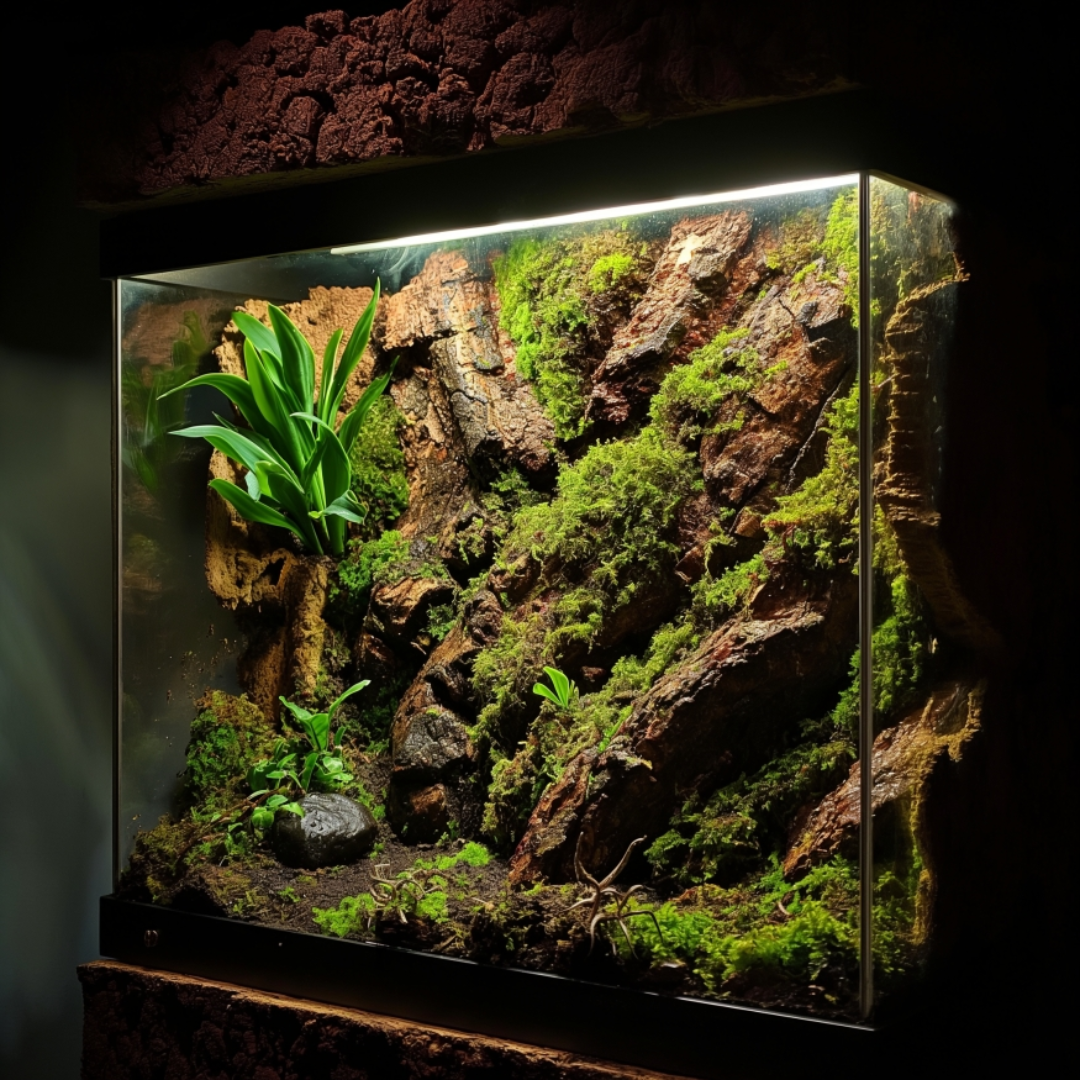




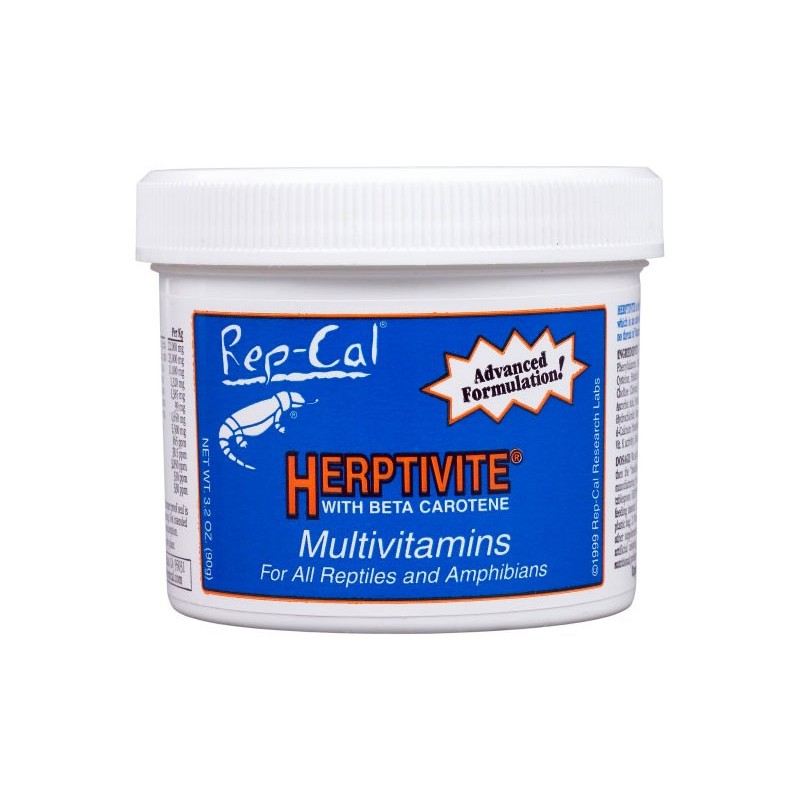
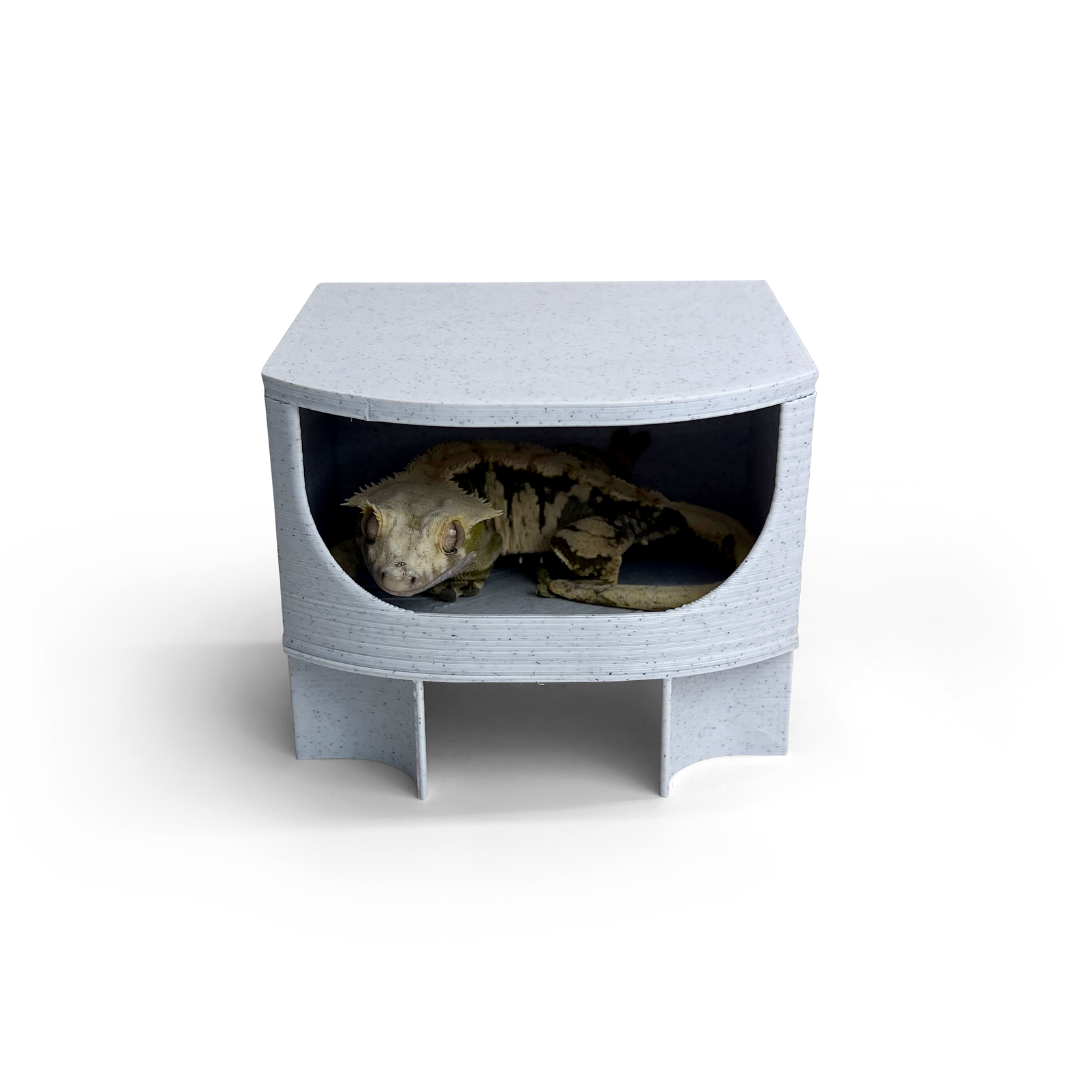
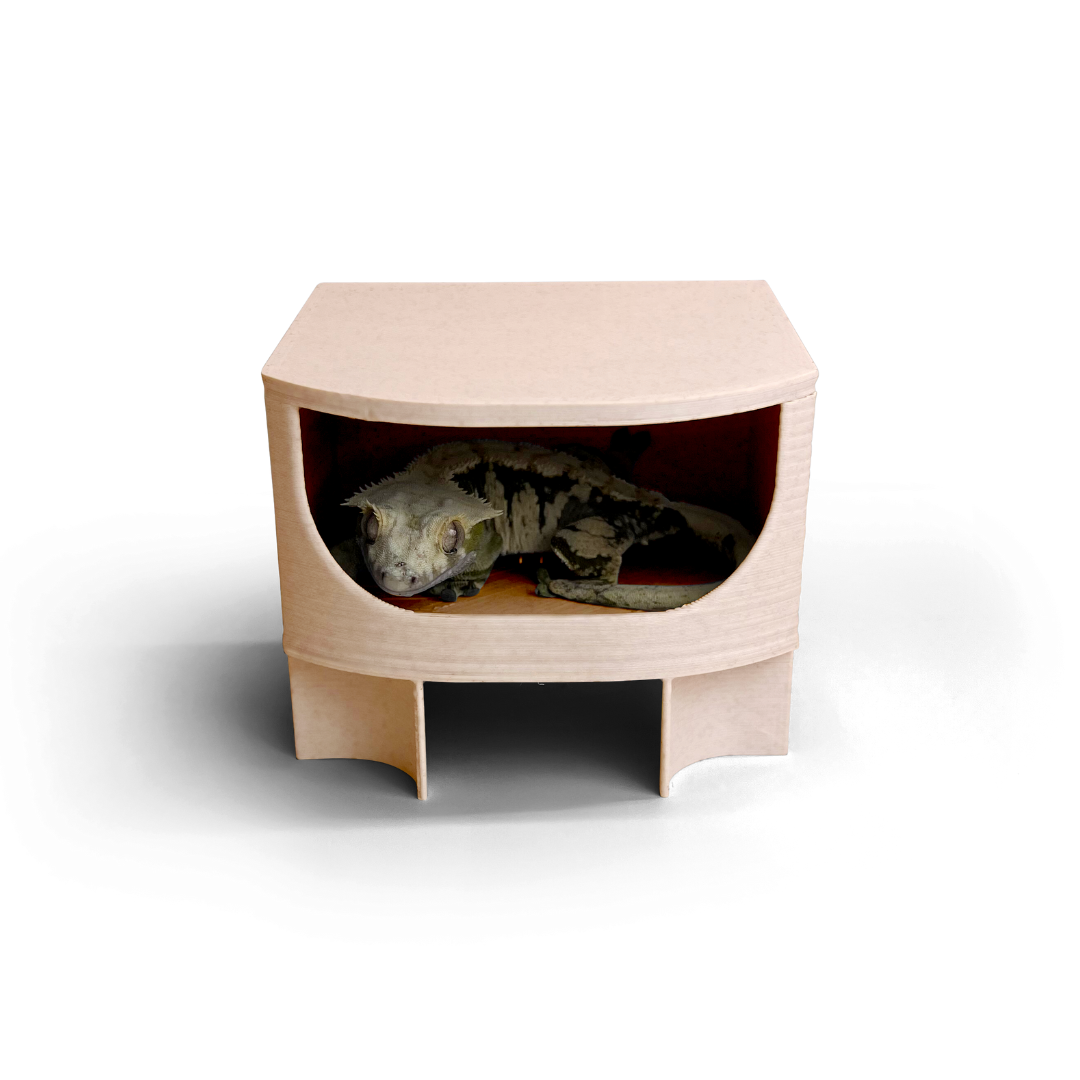
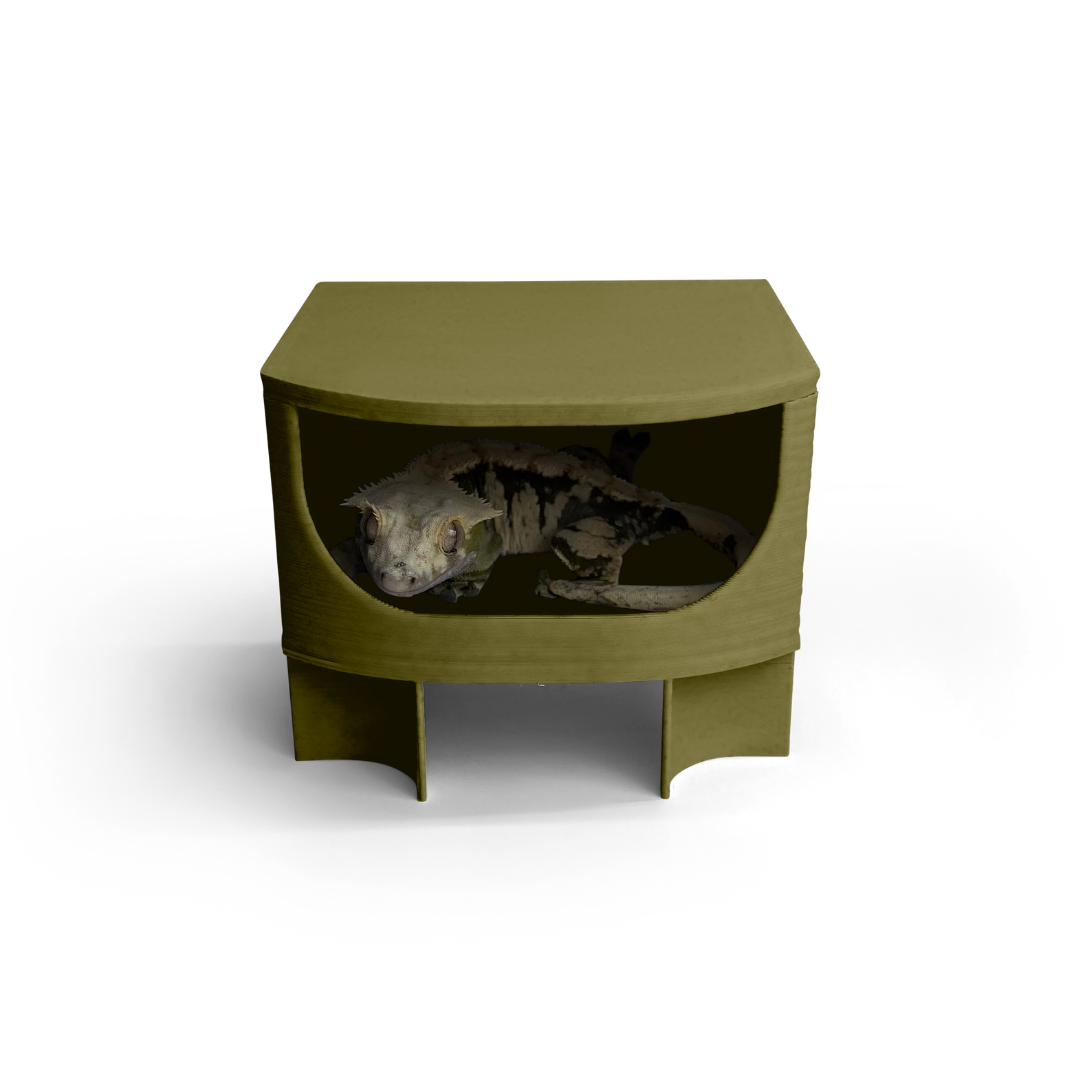
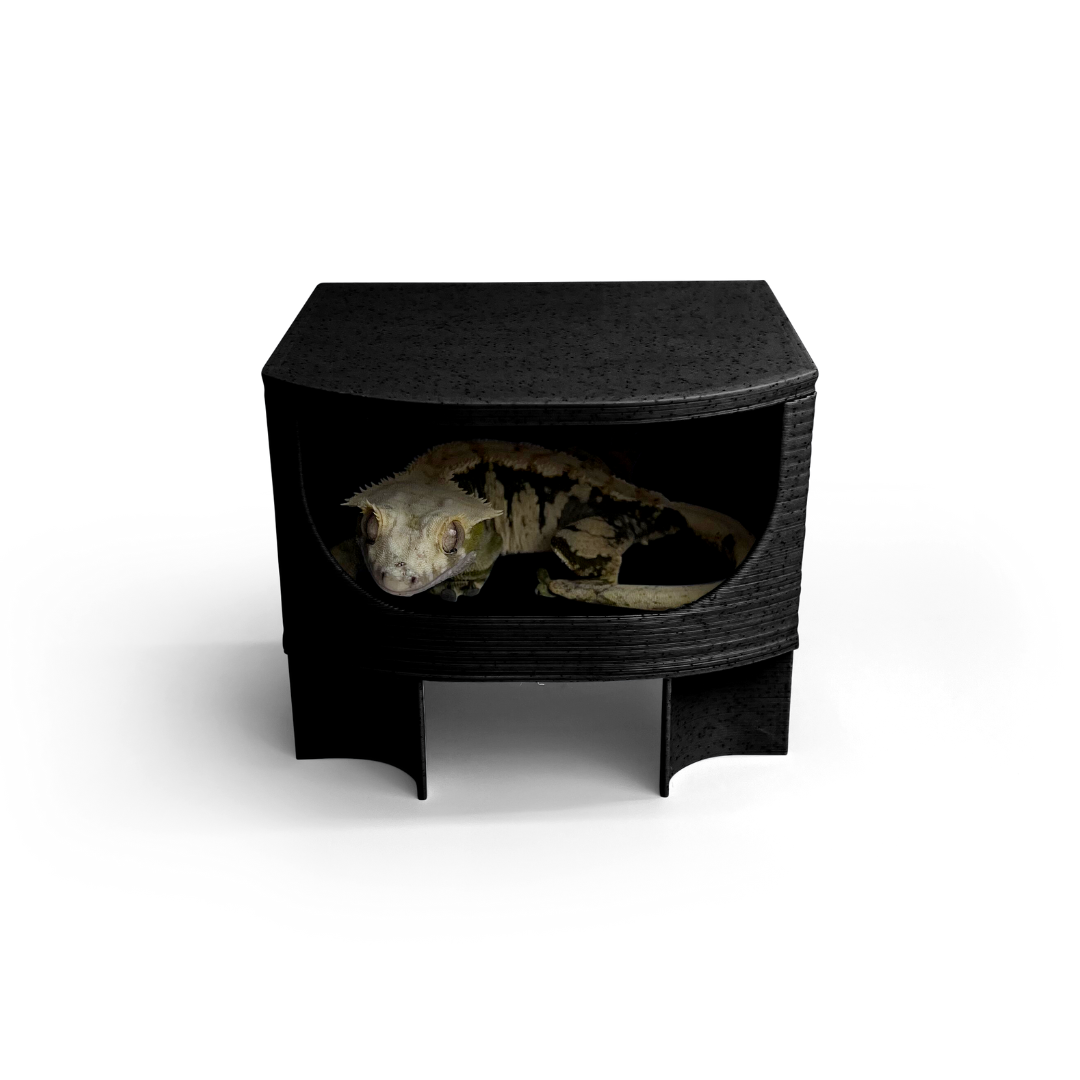
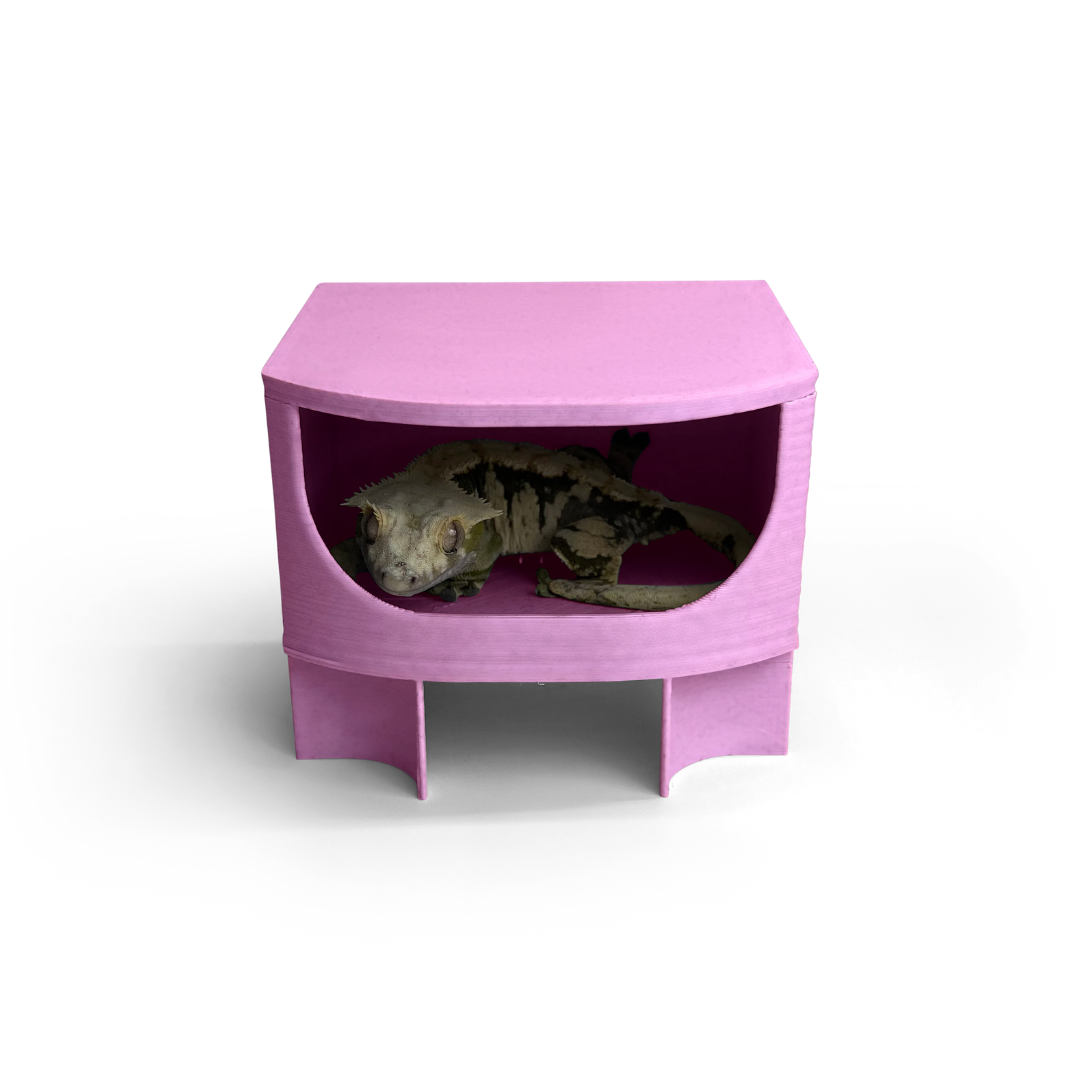
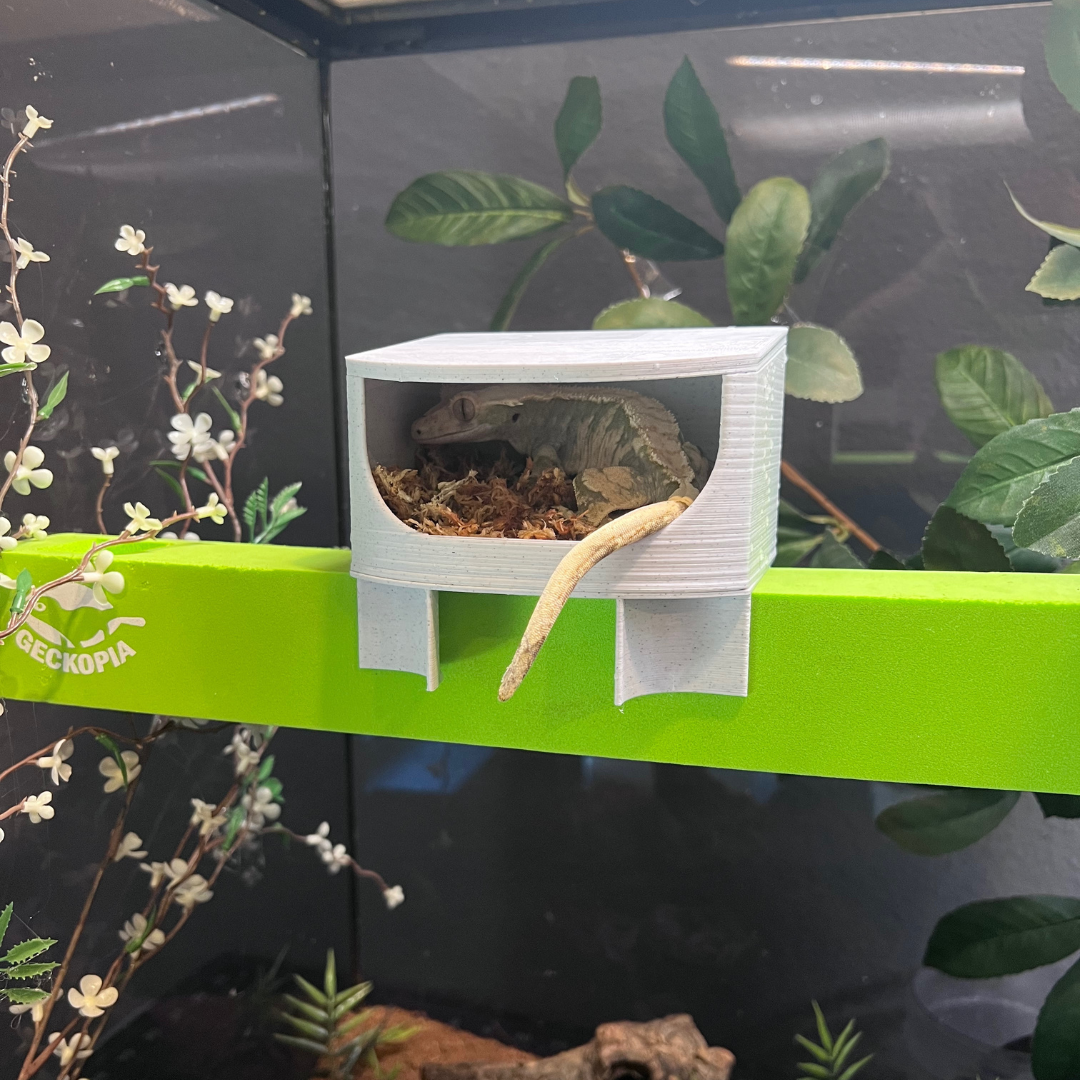
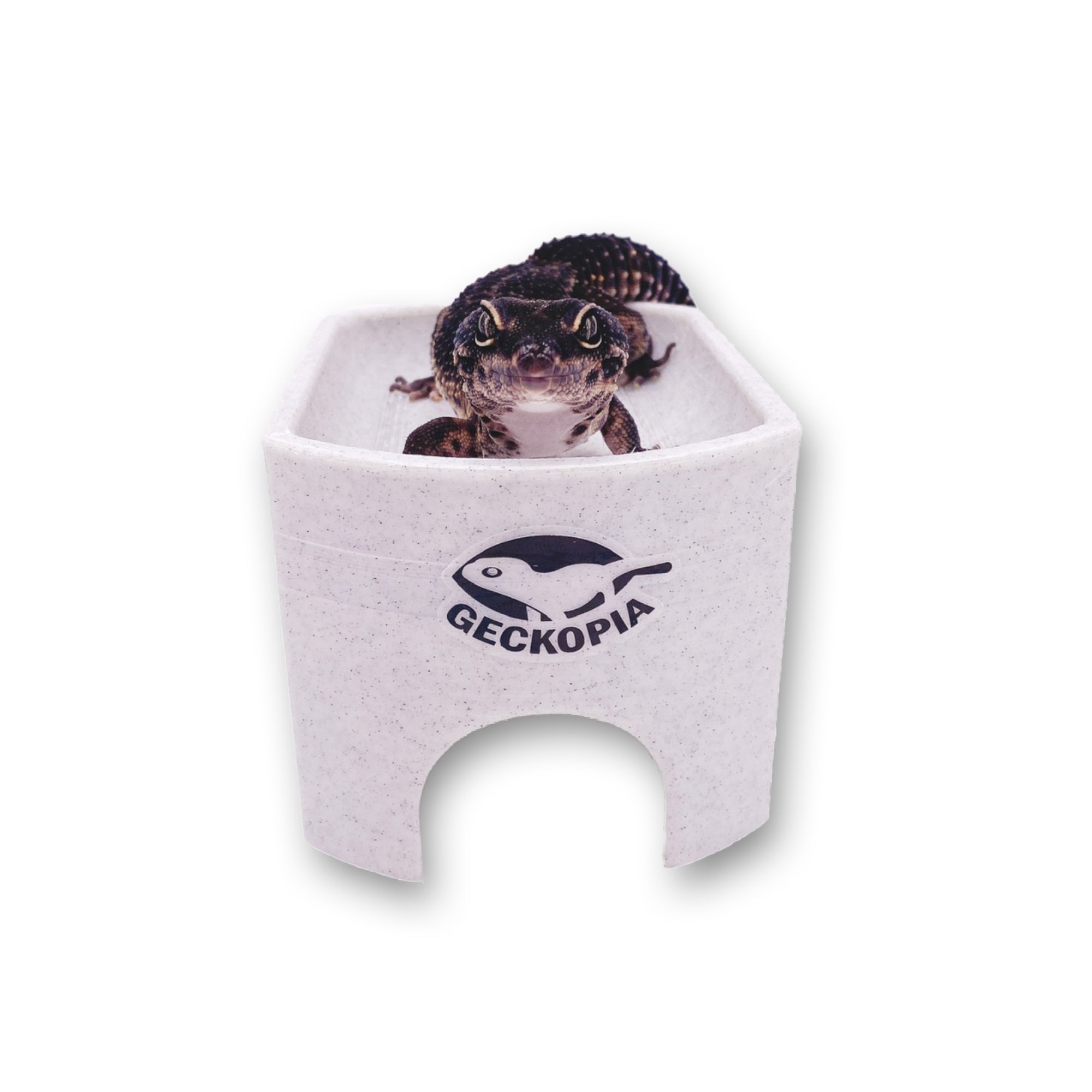
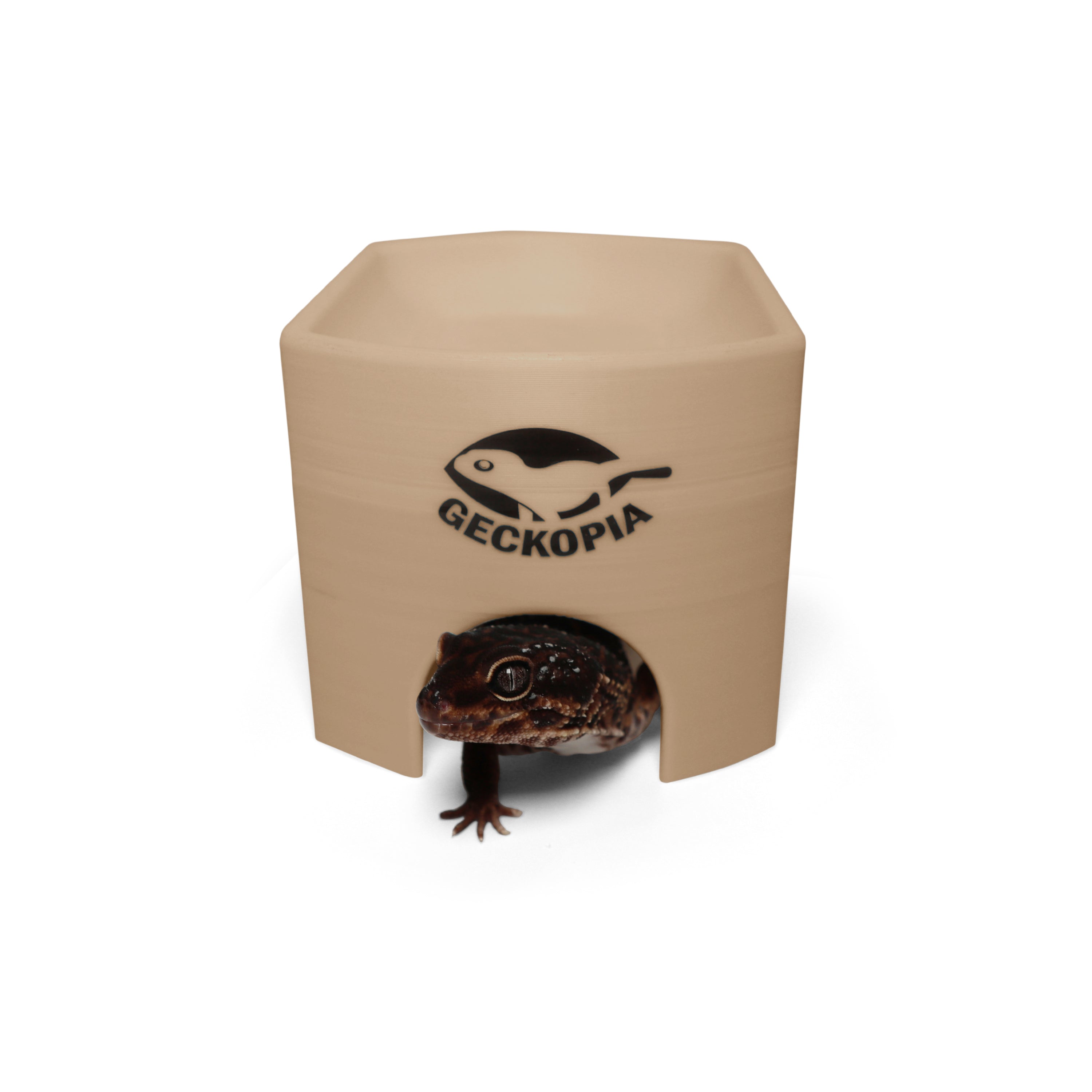
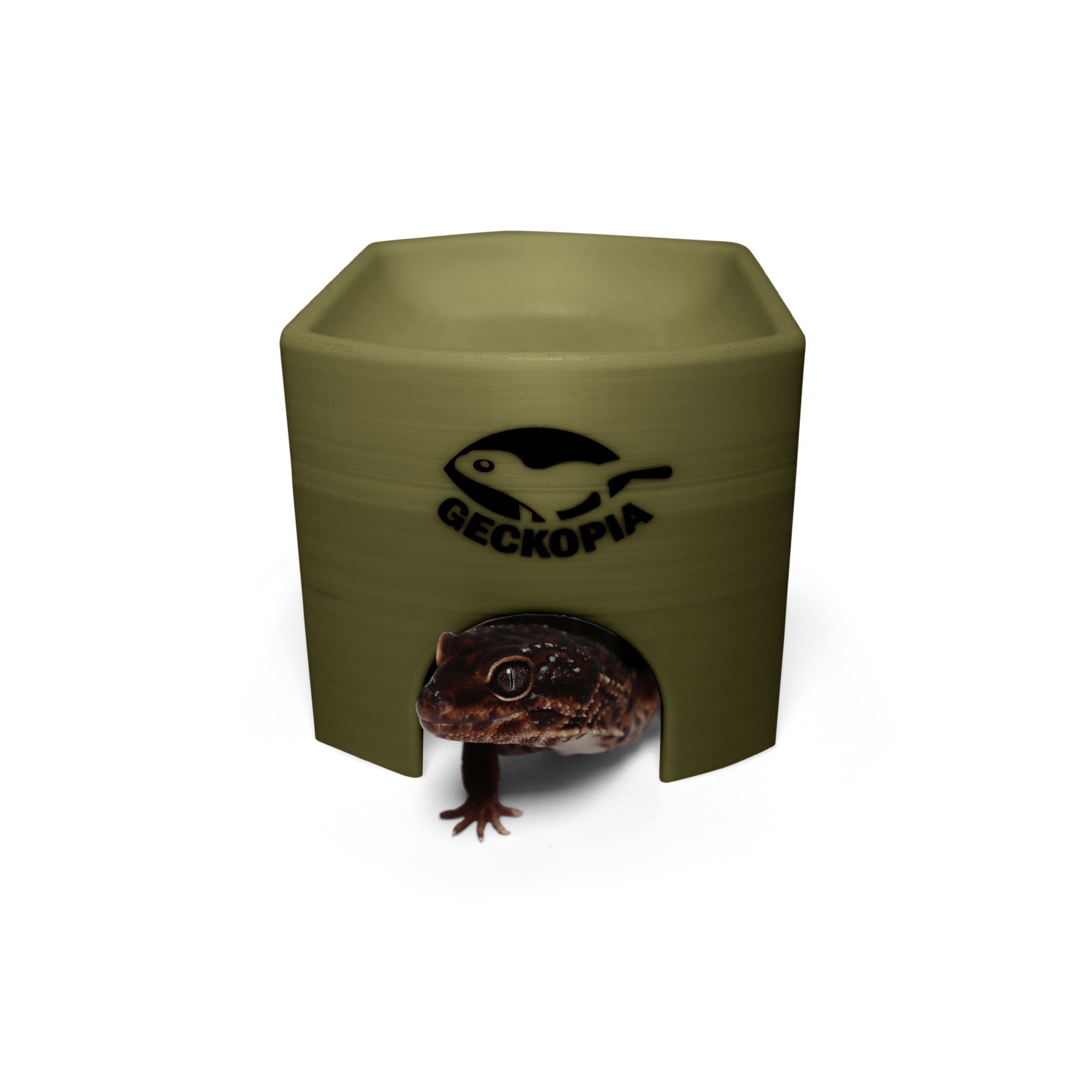

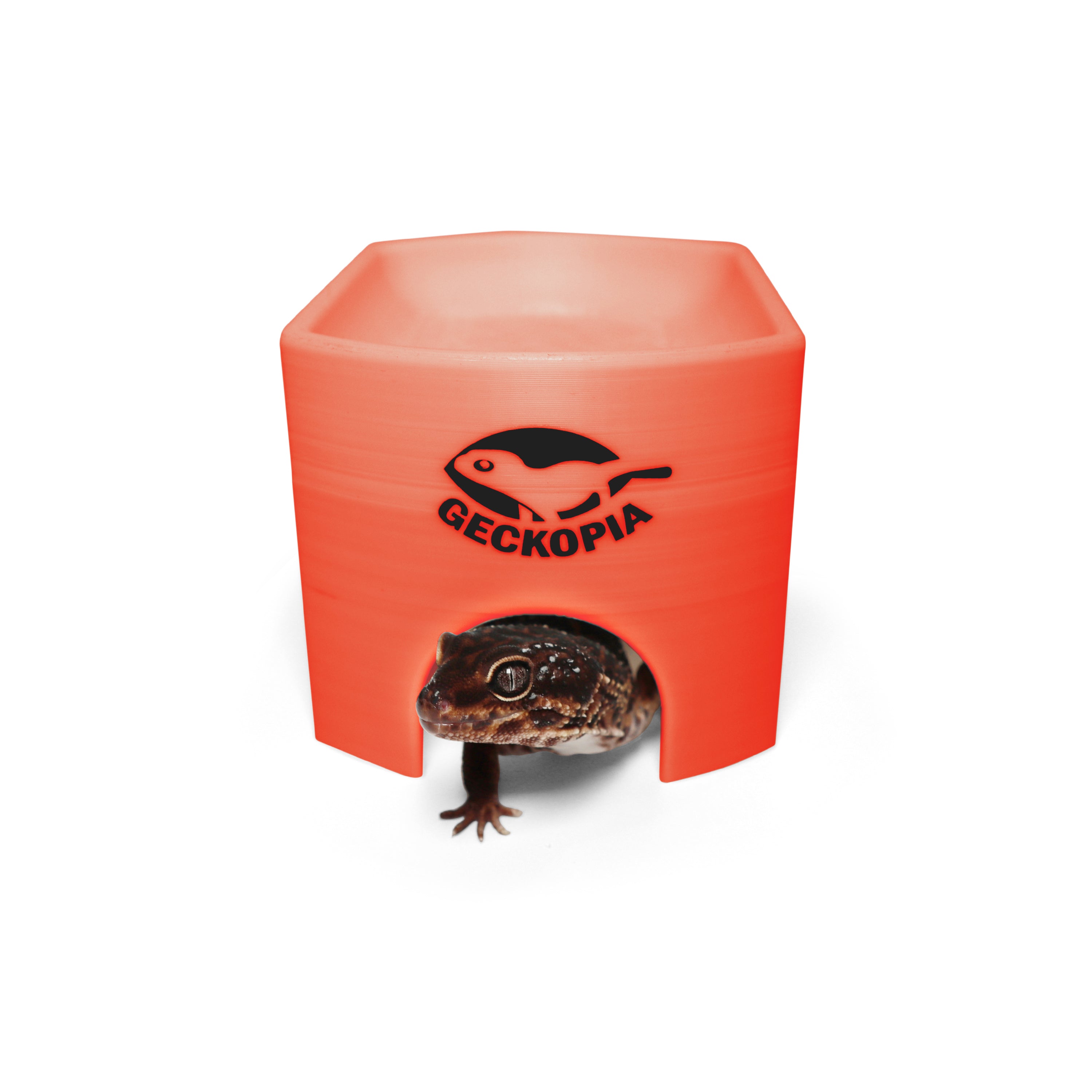
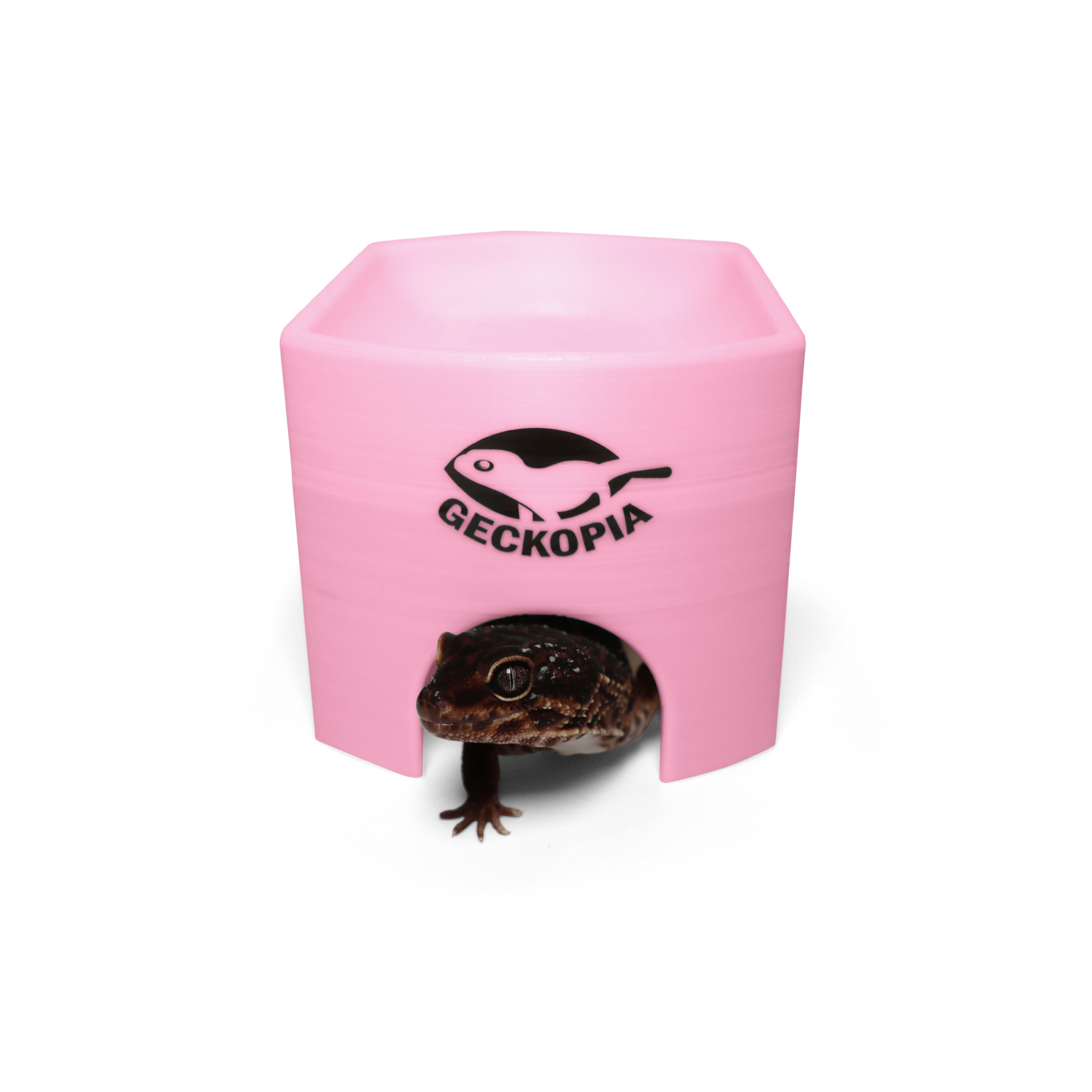
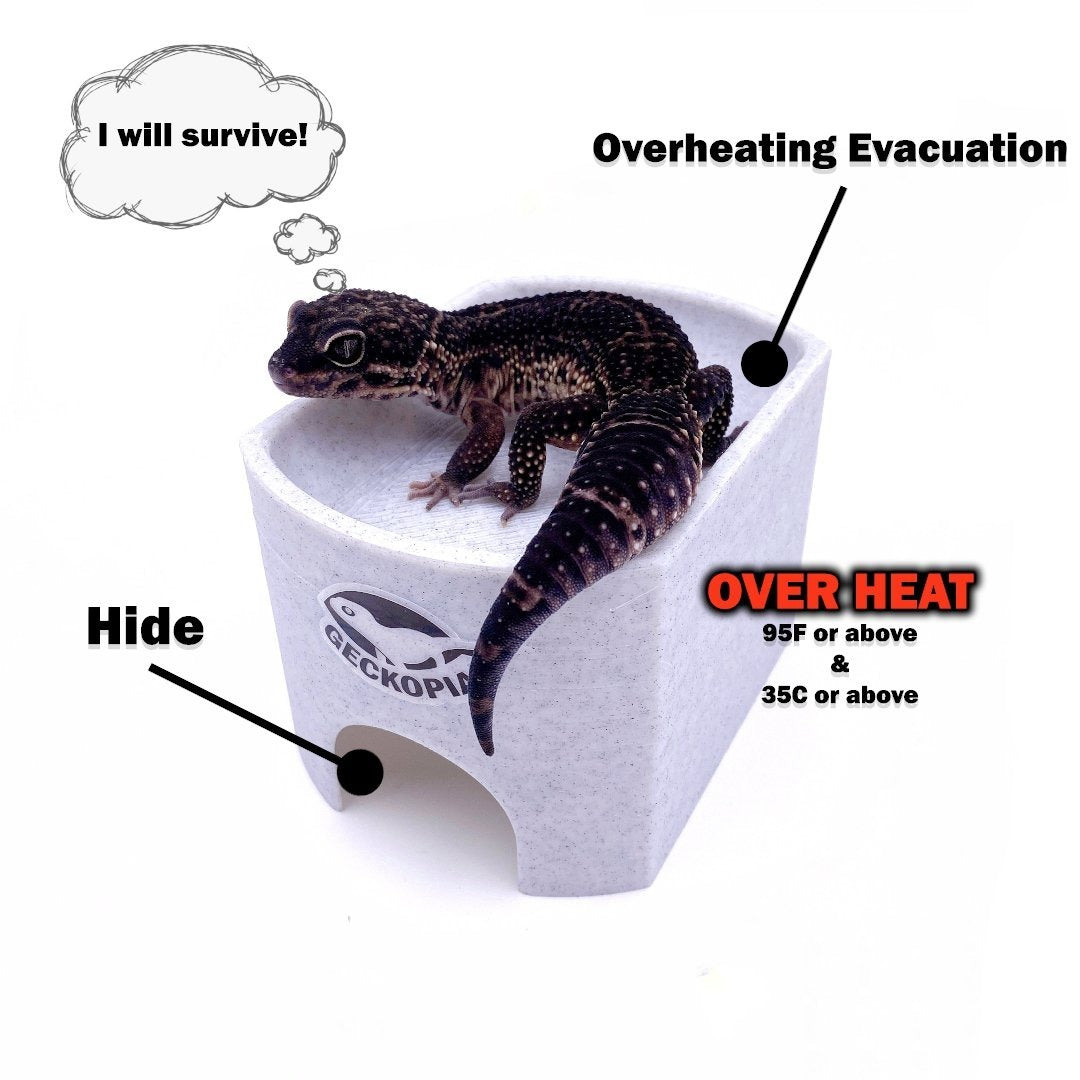
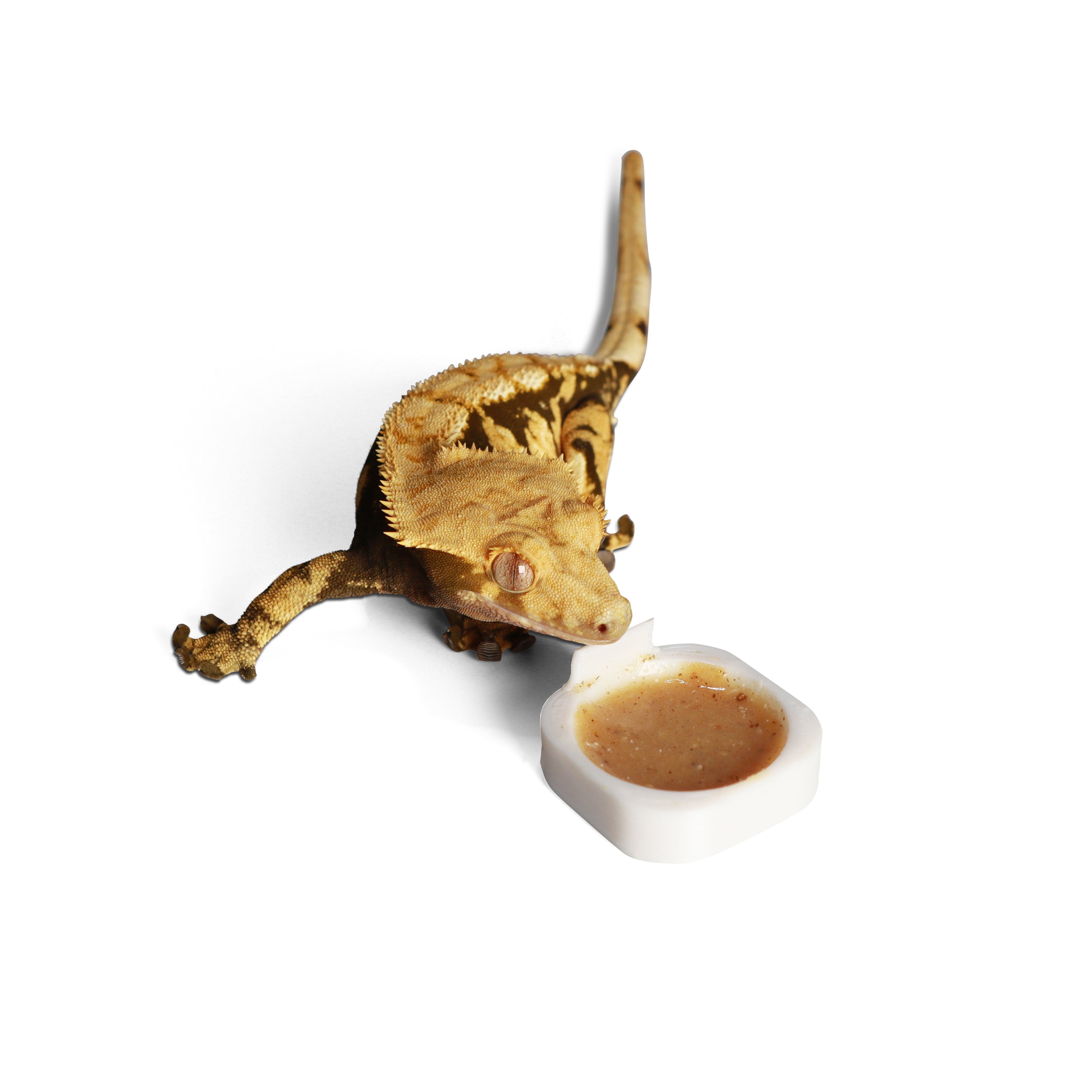
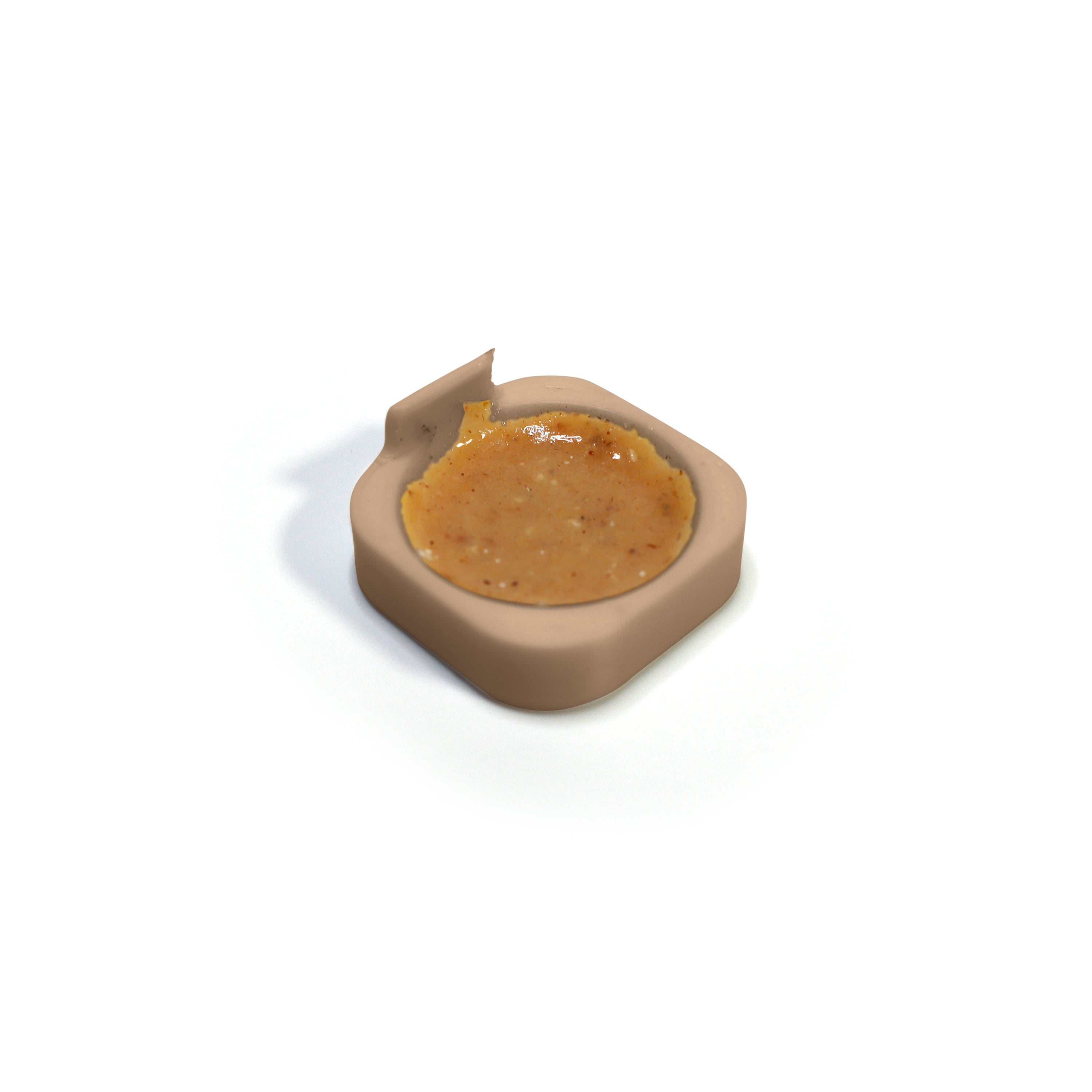
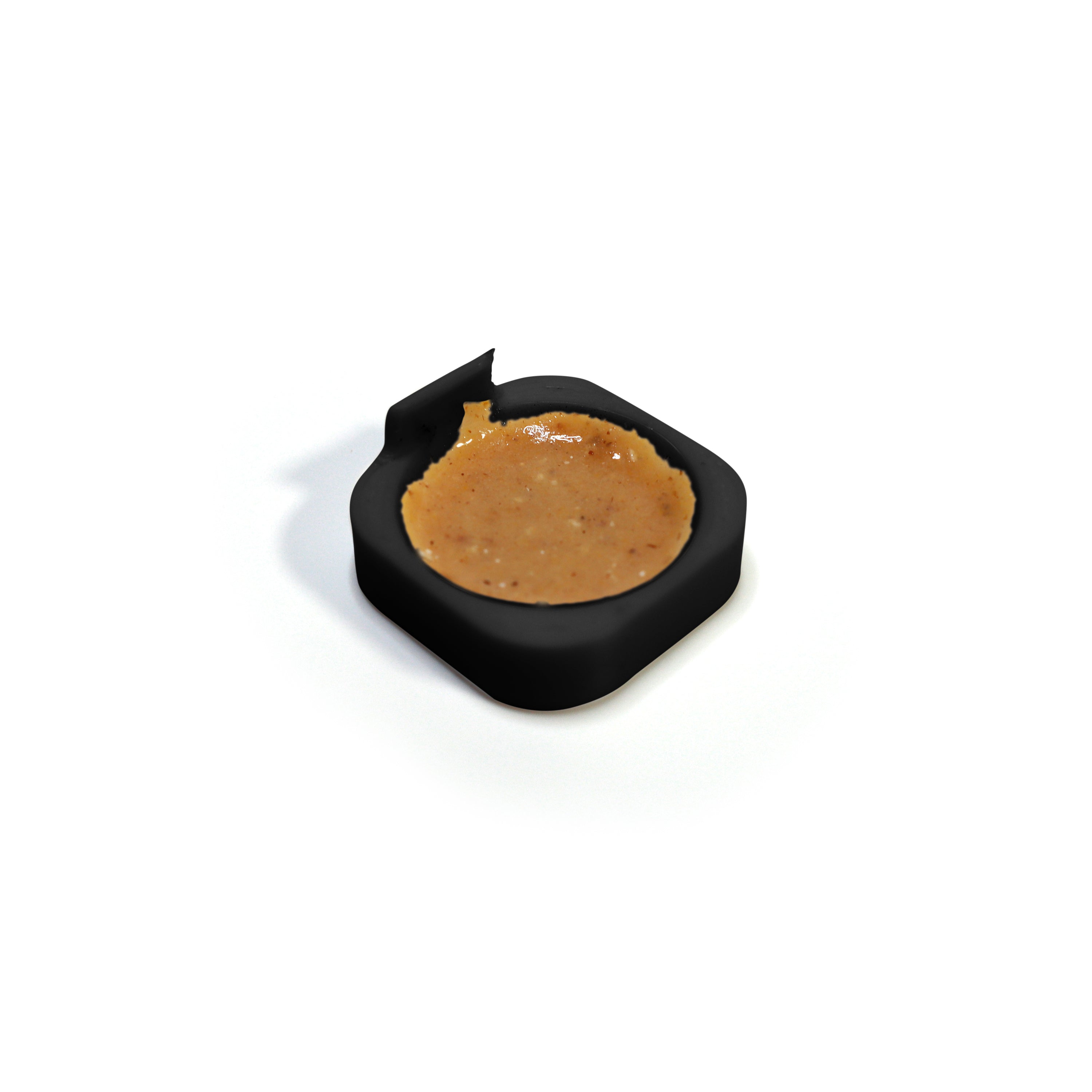
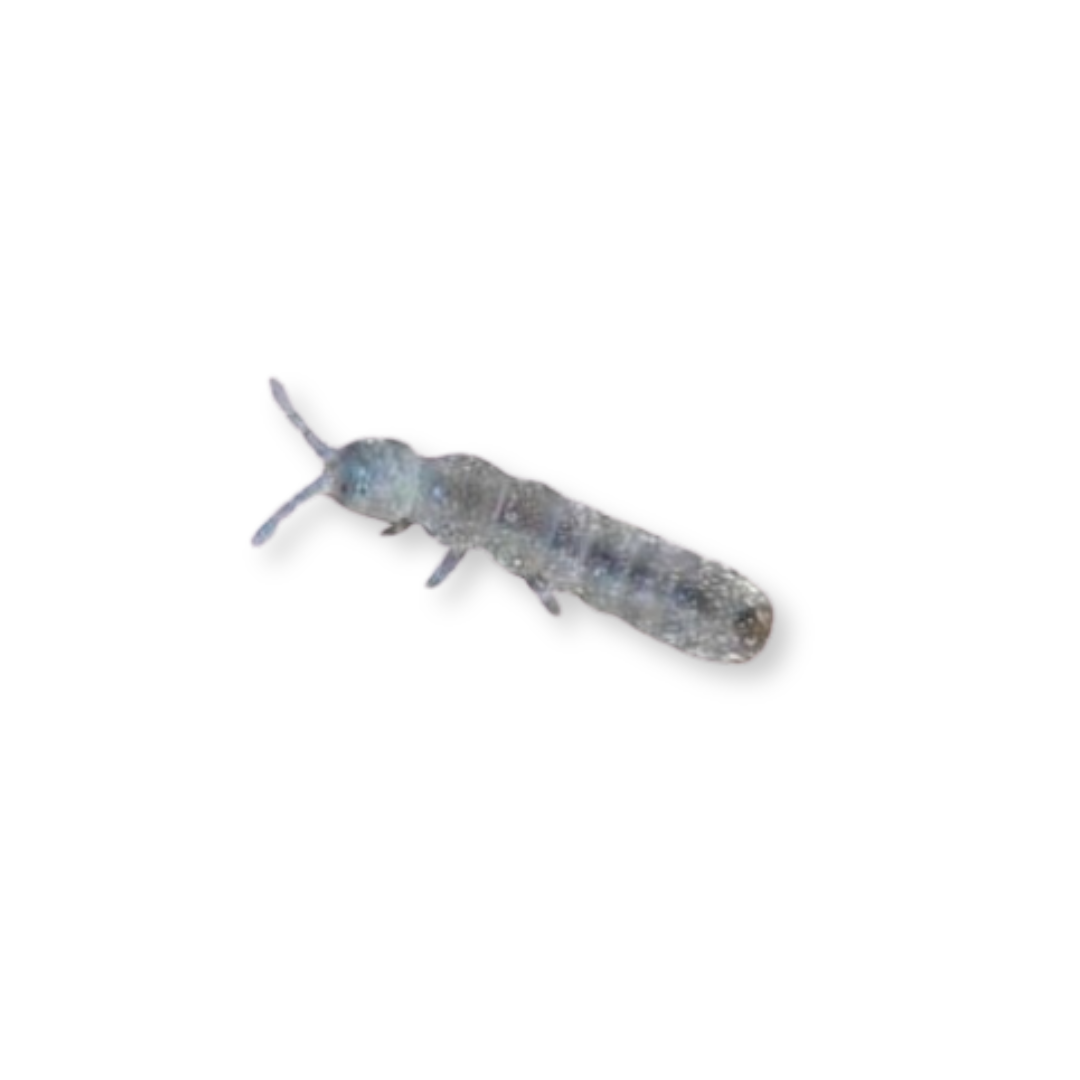
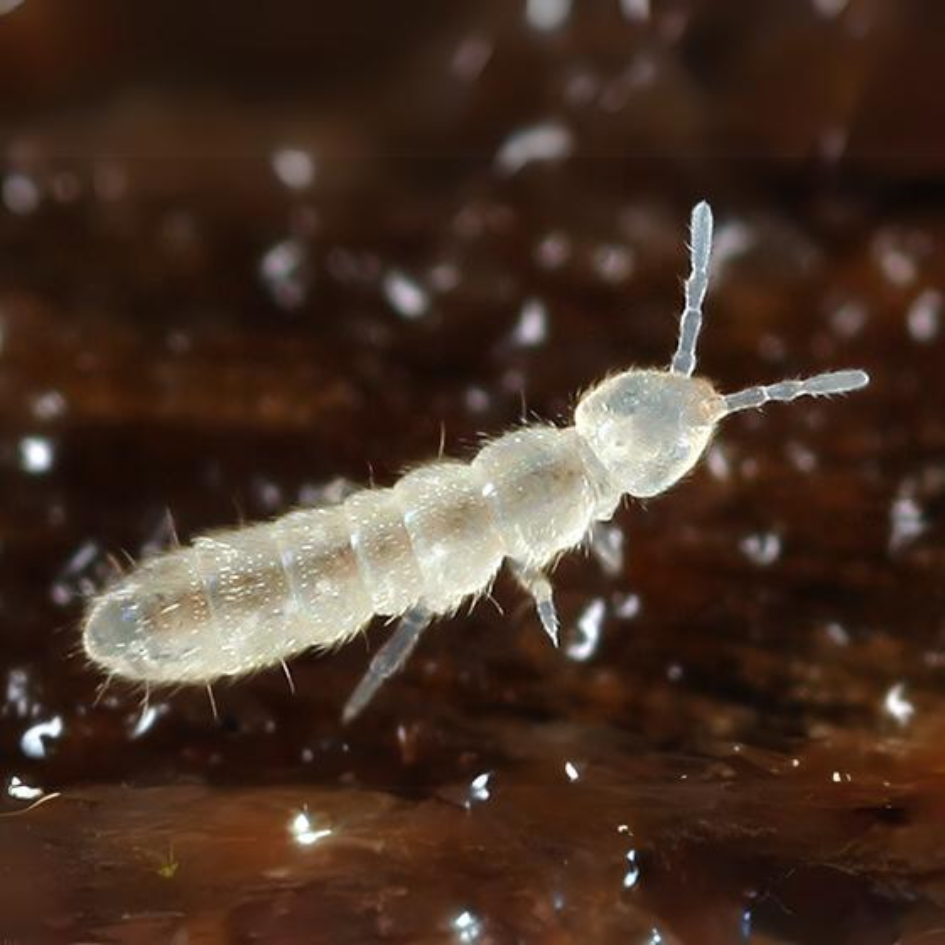
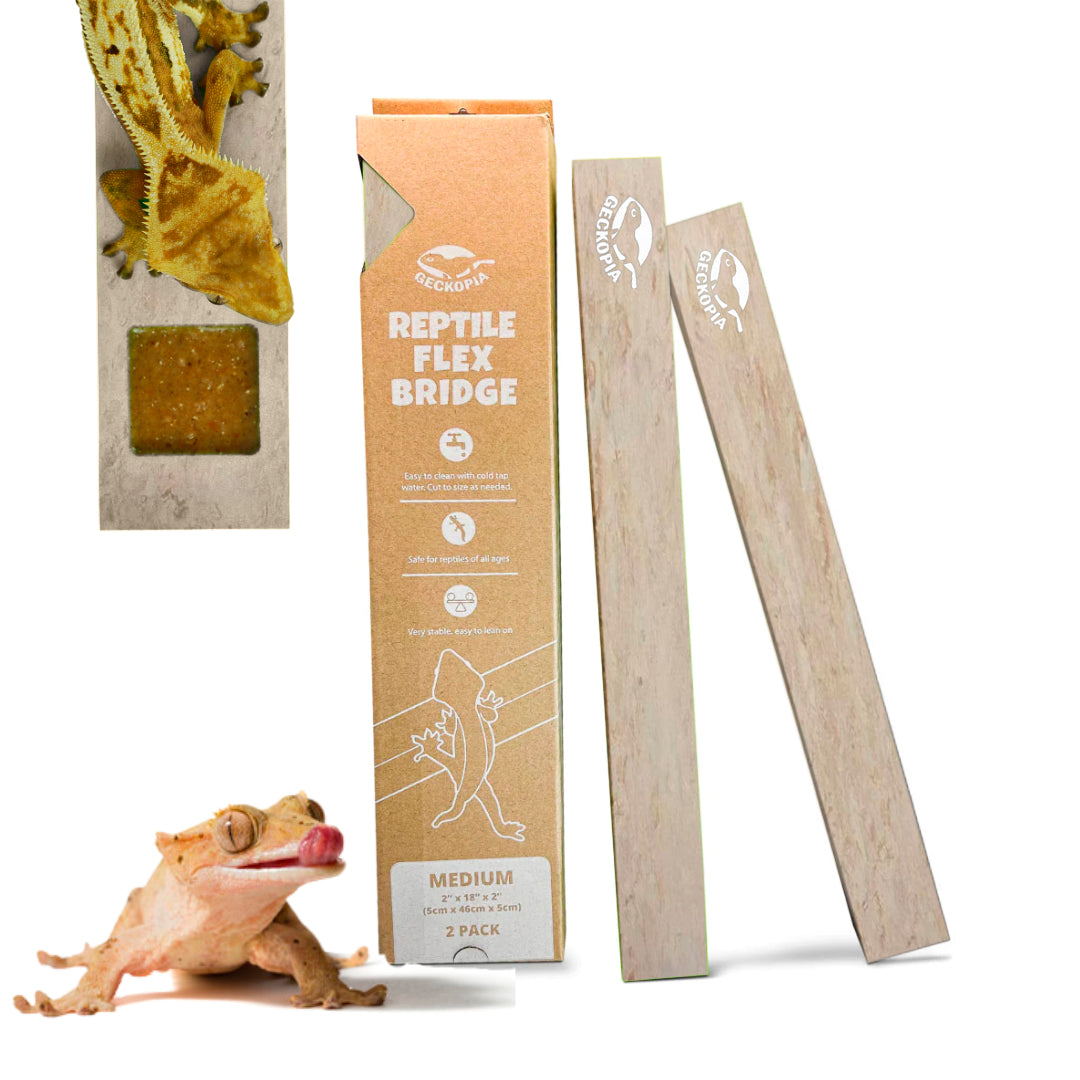



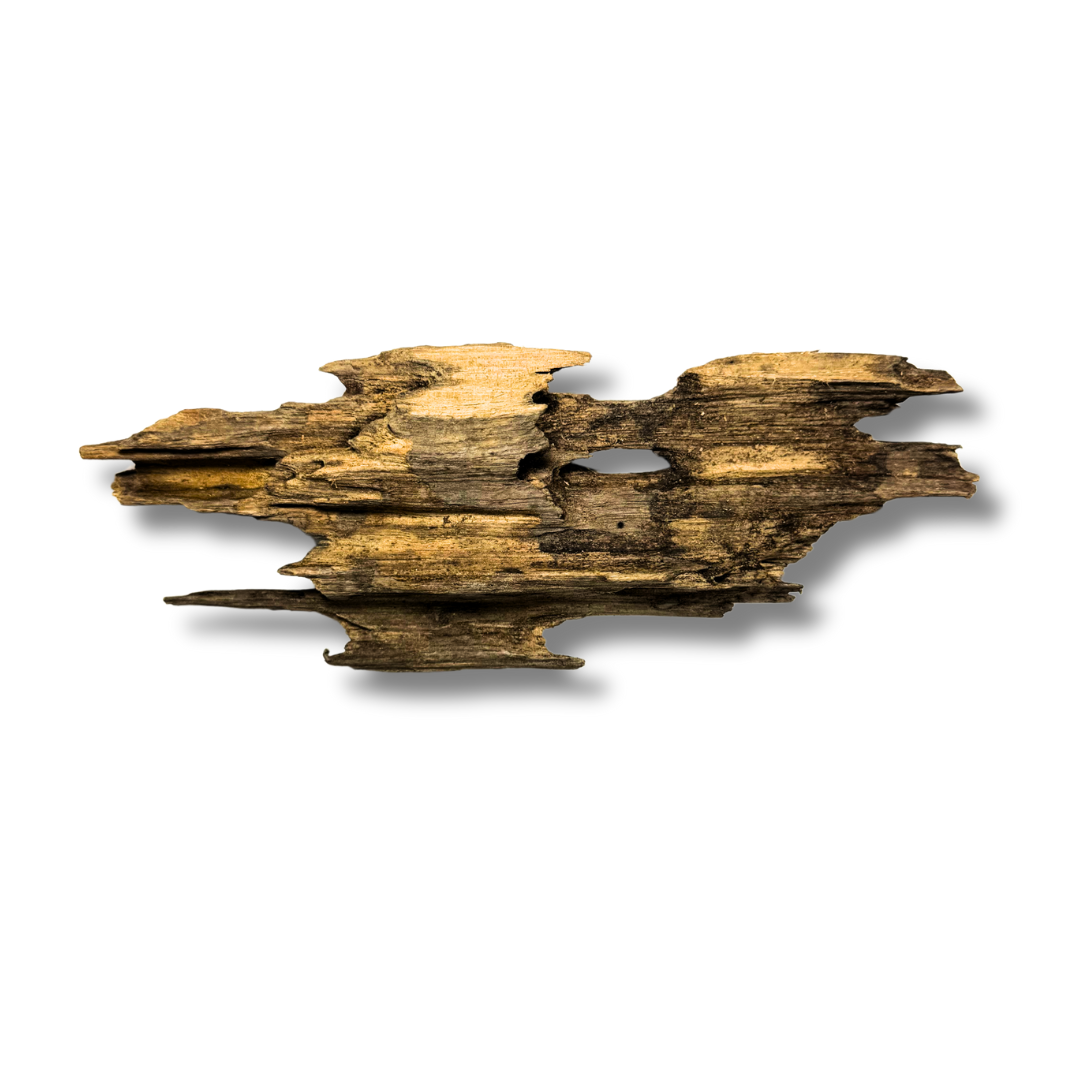
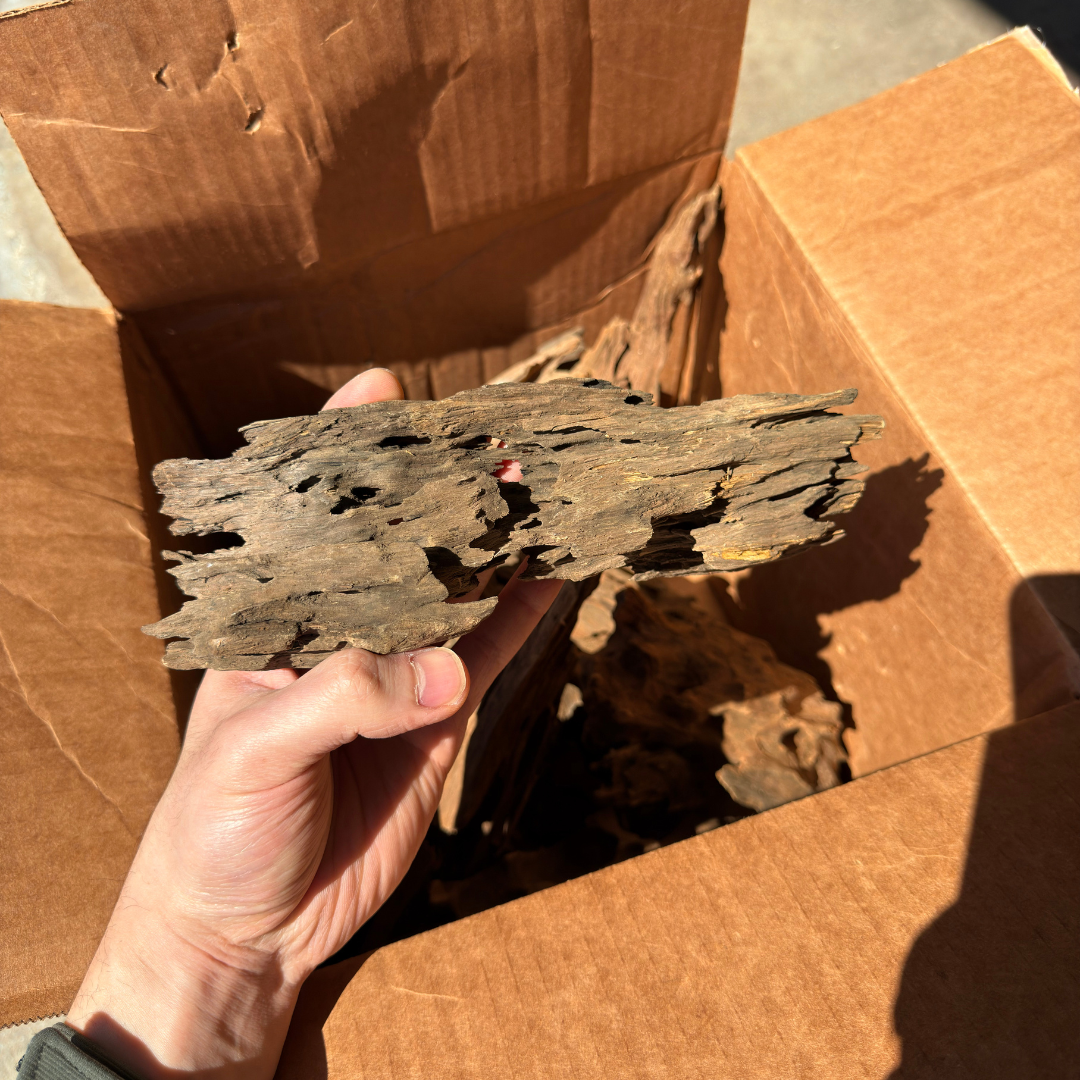
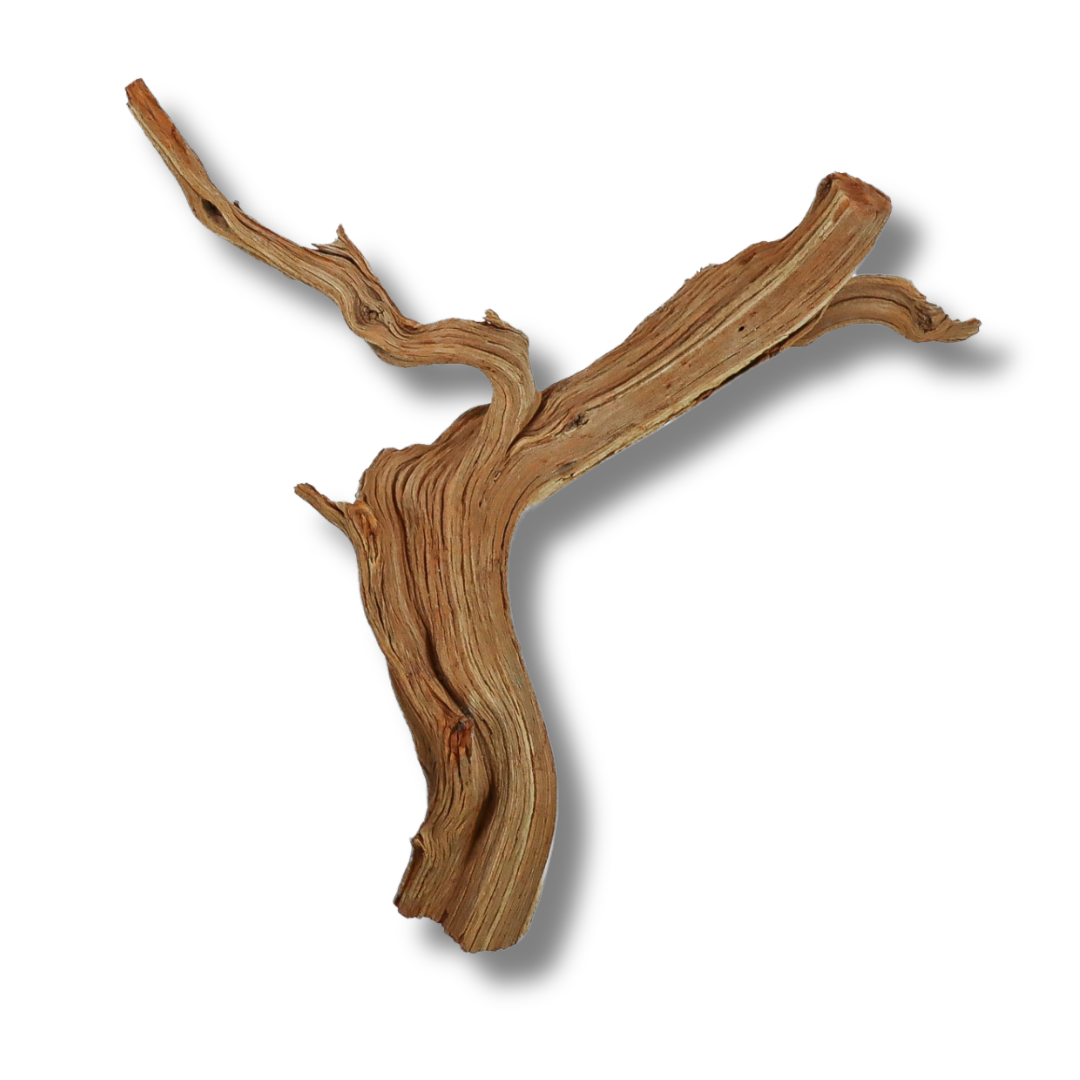
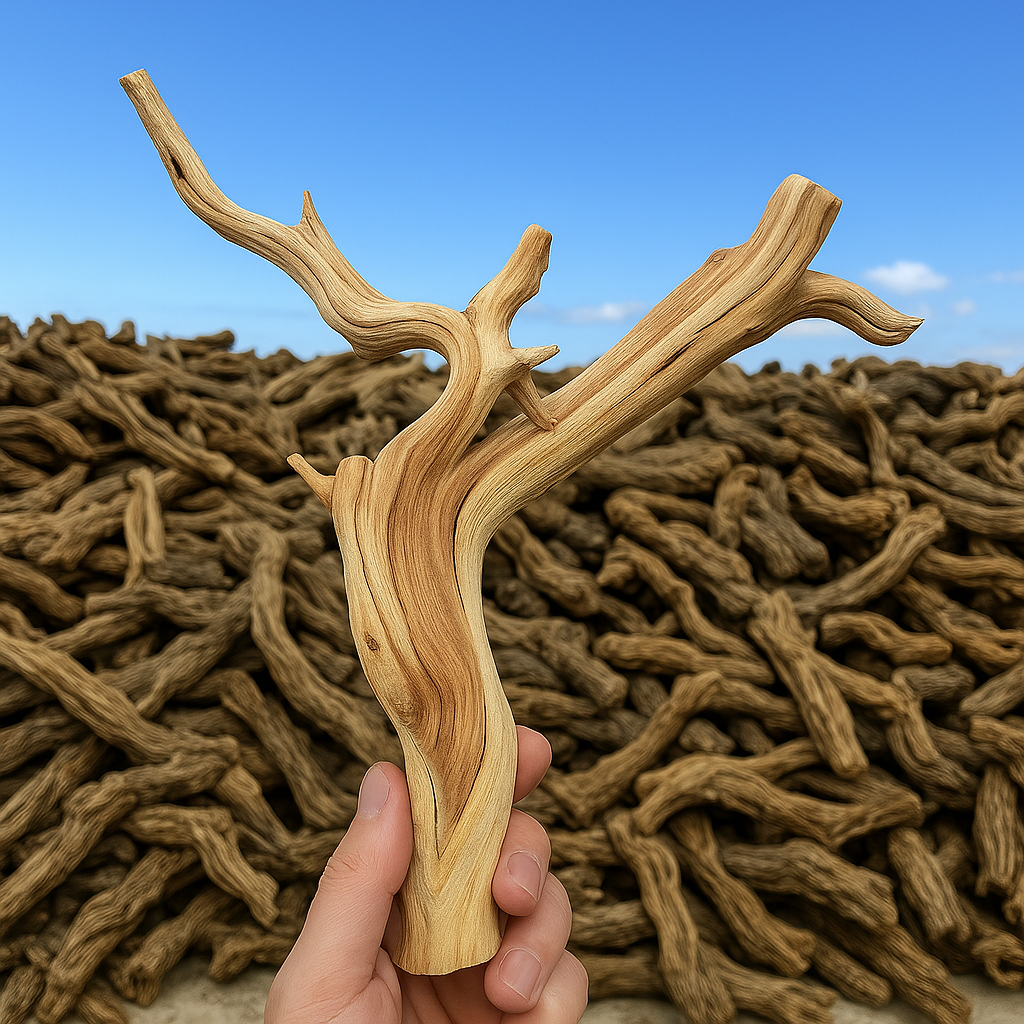
Leave a comment